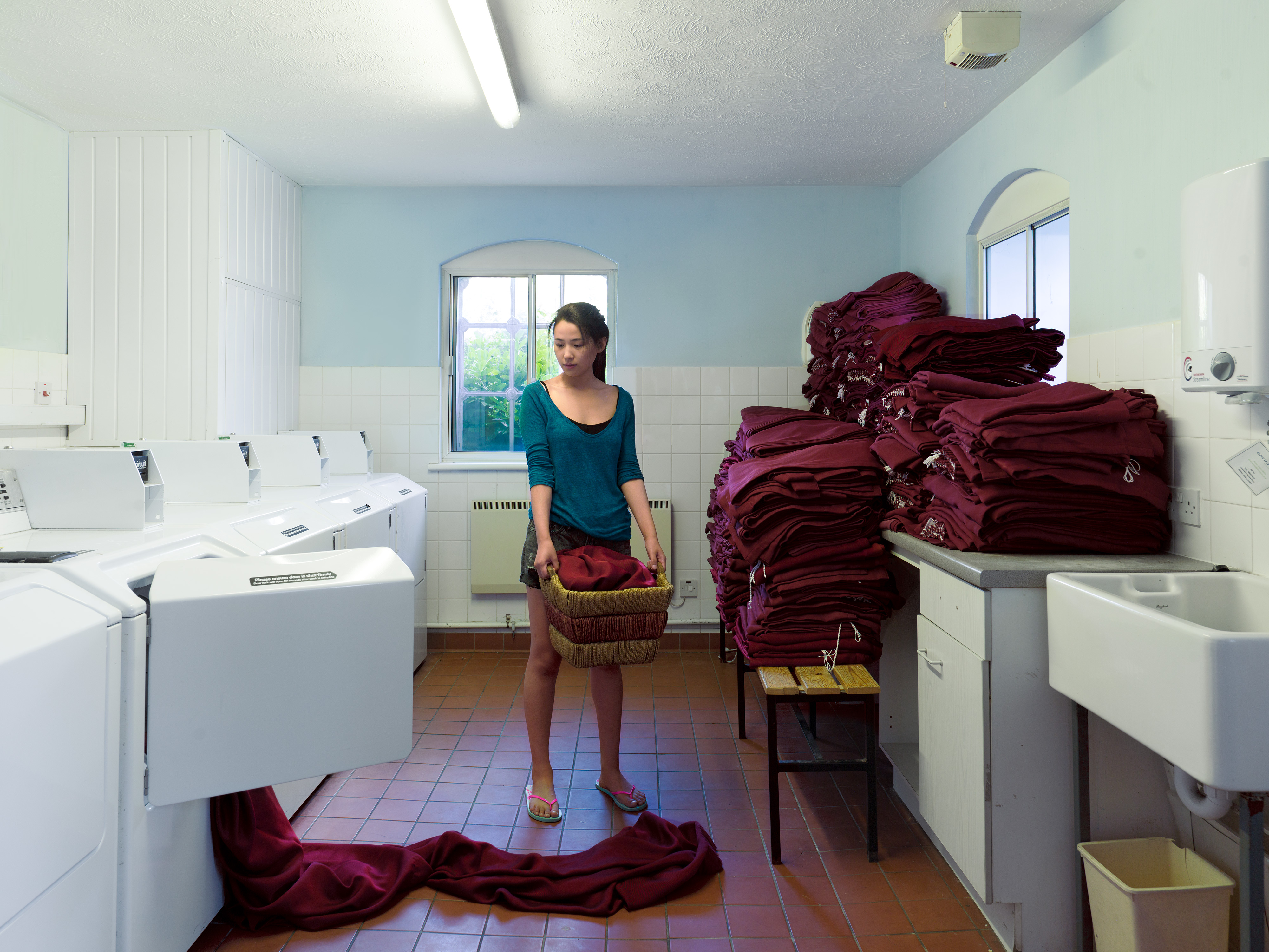
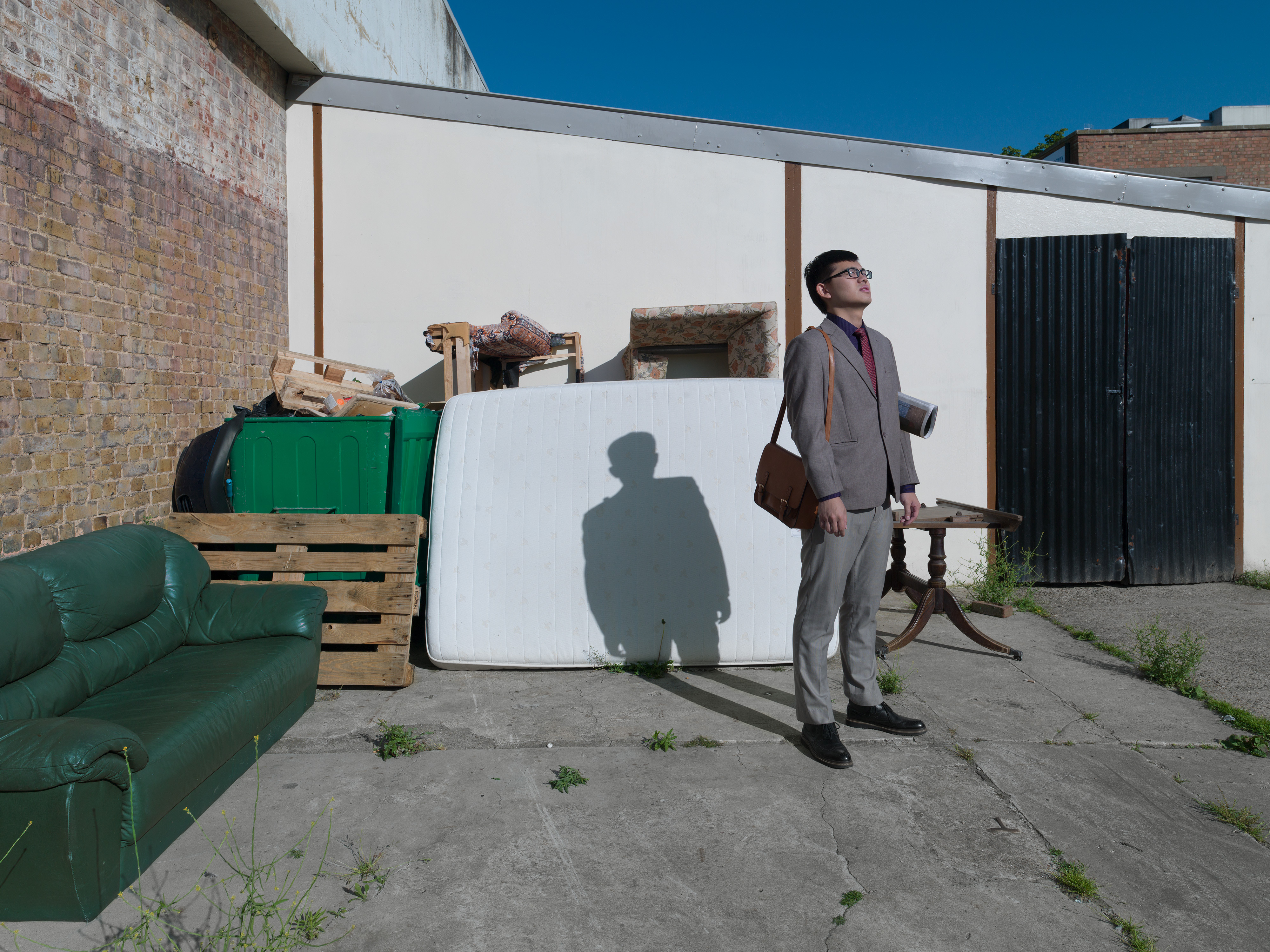
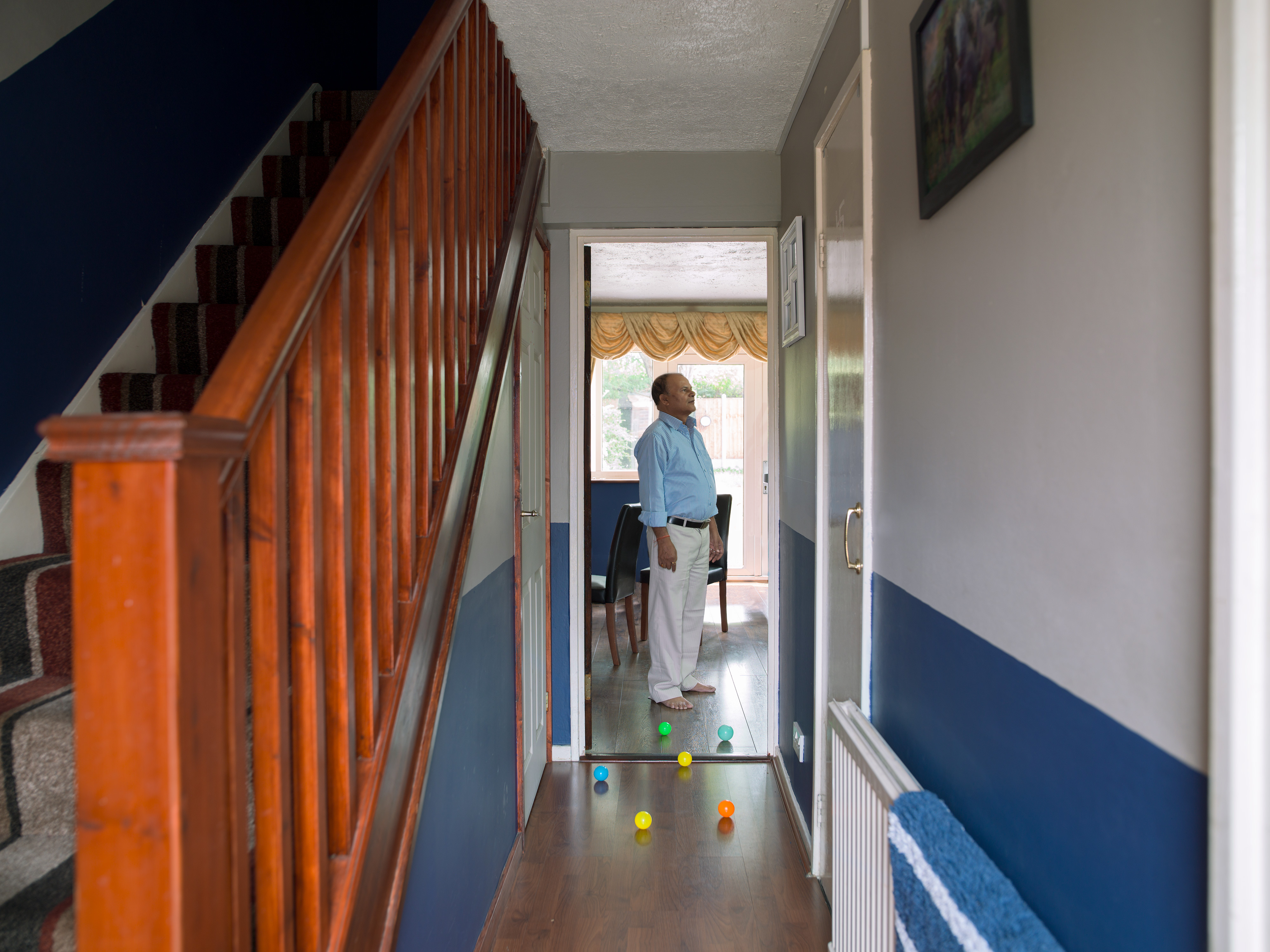

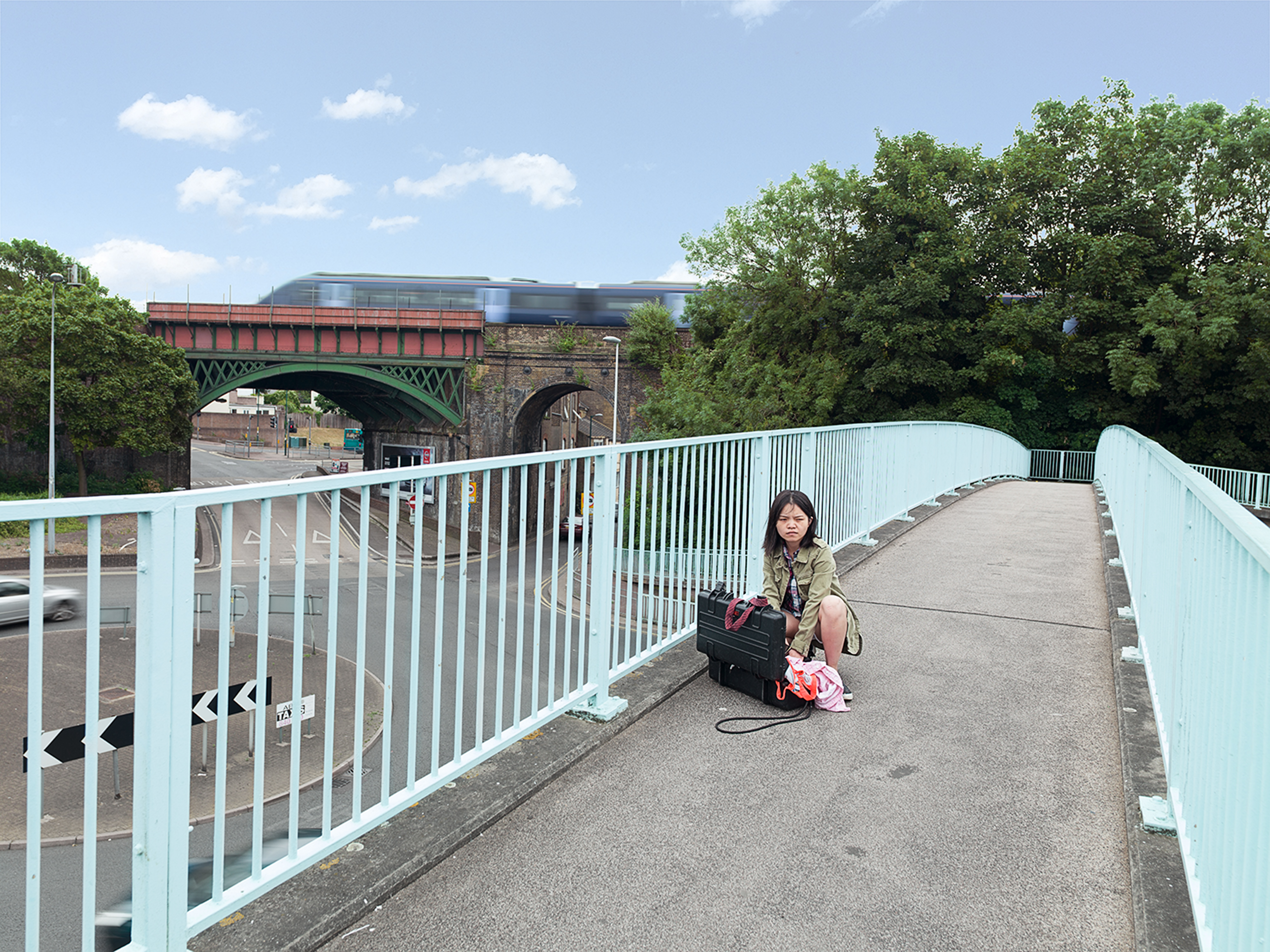


Banal Reflections
Banal Reflections is a tableau collection of photographs where scenes are left unexplained, leaving the viewer to speculate on the sequence of events that has led to the moment depicted. Using this staged photography, I try to bring an uncertainty and tension to scenes of every day.
Banality
The year I spent in Rochester, located on the banks of the River Medway in Southern UK, was a year that defined my photography process and my individual identity. Provoked by a lack of belongingness, this body of work represents the connection between time and memory conveyed through photography. What we call a memory is a representation of a time; with the fragments that our mind puts together, along with emotions that we felt. The foggy nights on the riverside always reminded me of being lost, confused, and uncertain of the shape that my photography practice was taking while I was working towards completing my MA Photography course.
The details in this set of images, much like my memory of Rochester, disappear into featureless shadows. They limit the viewer to seeing only what is offered; although, in my imagination, I always wander beyond the foreground into a distant place. It is through these quotidian and everyday scenes of Rochester that I try to explore what it meant for me to wander and to be discovered again.
On reducing the depth of the photograph the nature of the scene becomes unclear, and it creates a ‘tension’ in the image — that of not knowing ‘exactly’. The camera creates representations of reality that challenges interpretation and creates a psychic space, as Walter Benjamin said, by stripping places and objects of their banal obviousness. In ‘Banality’, I attempt to ask the viewer to seek beyond the obvious.
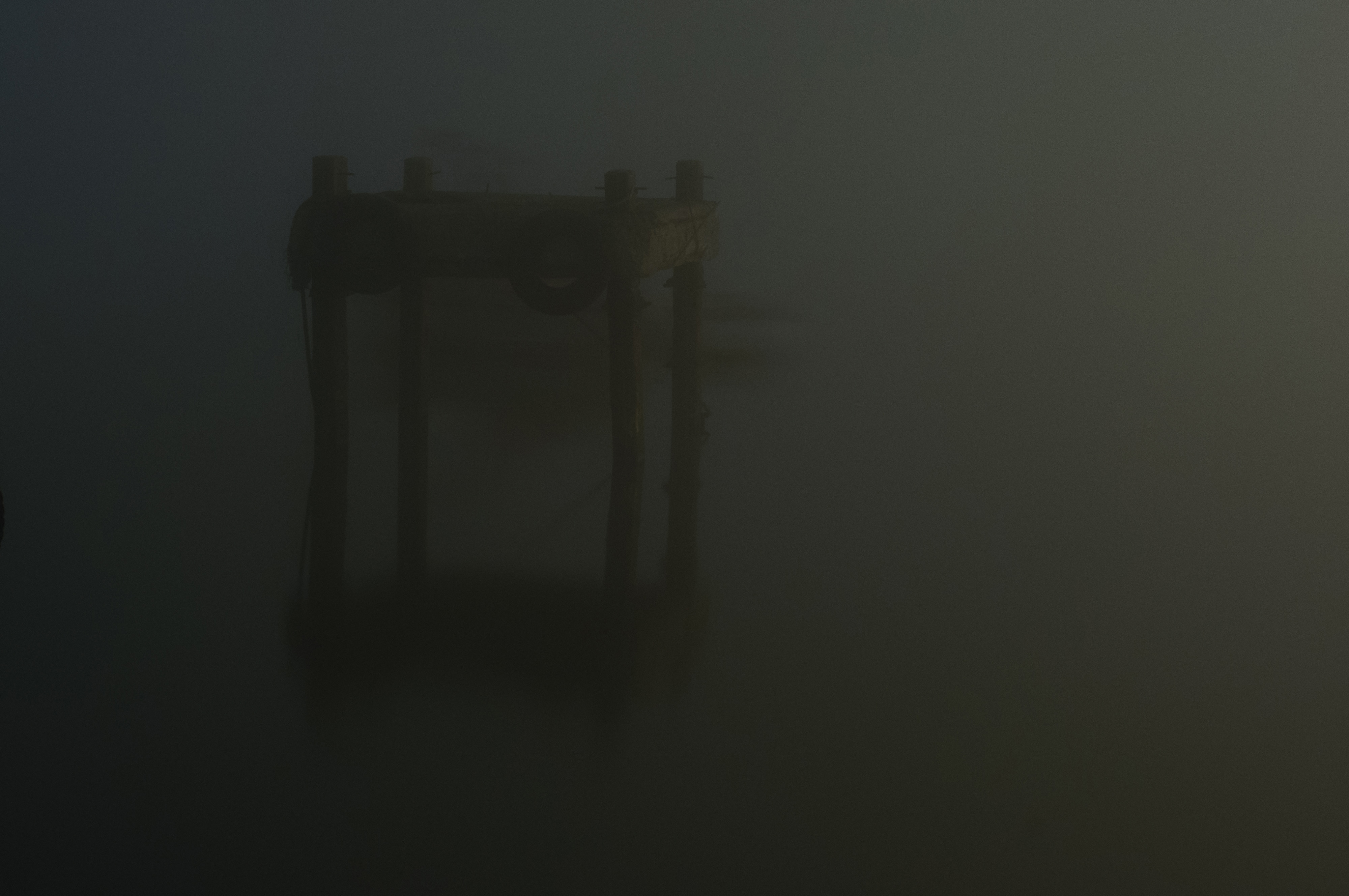
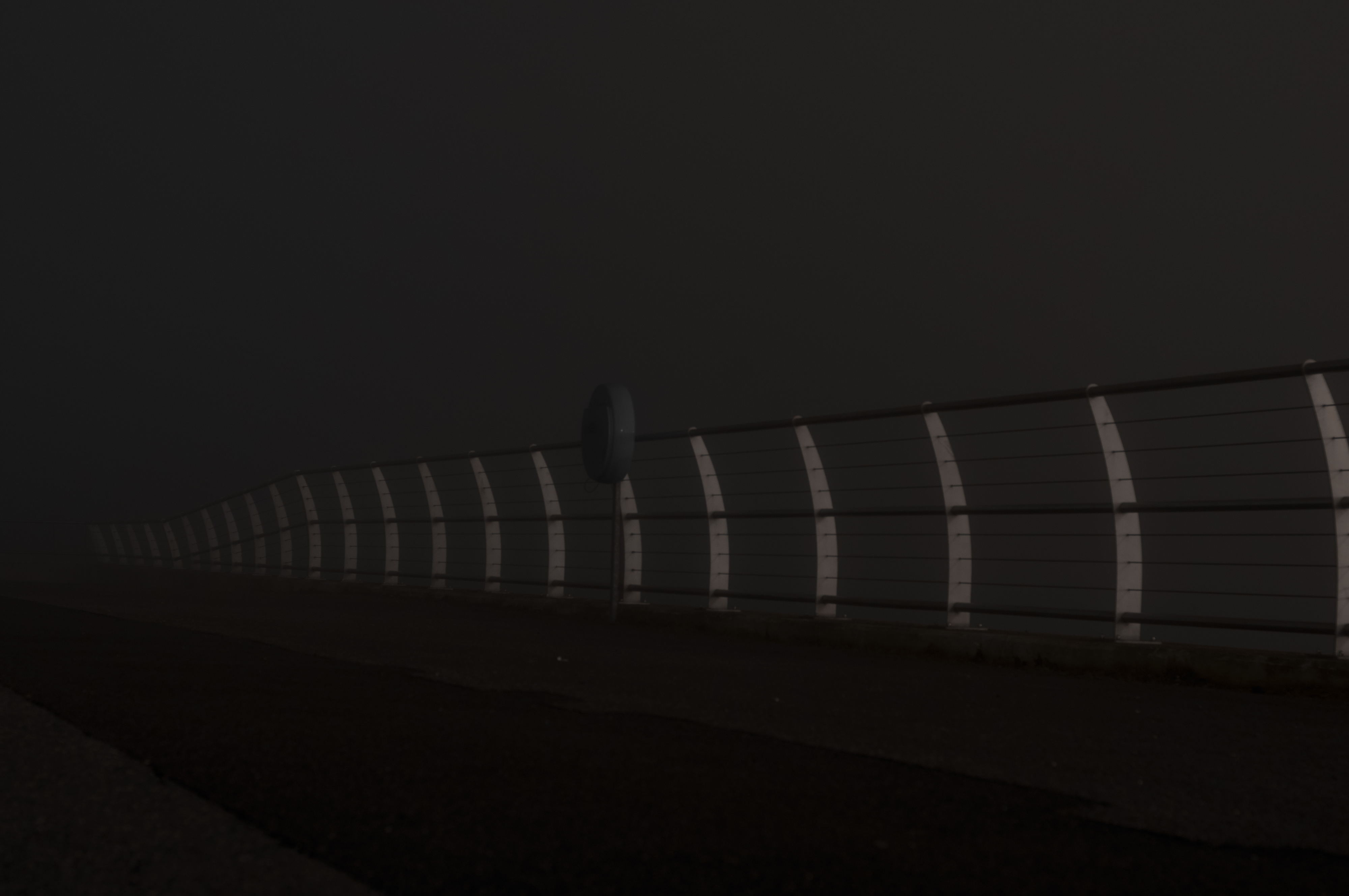
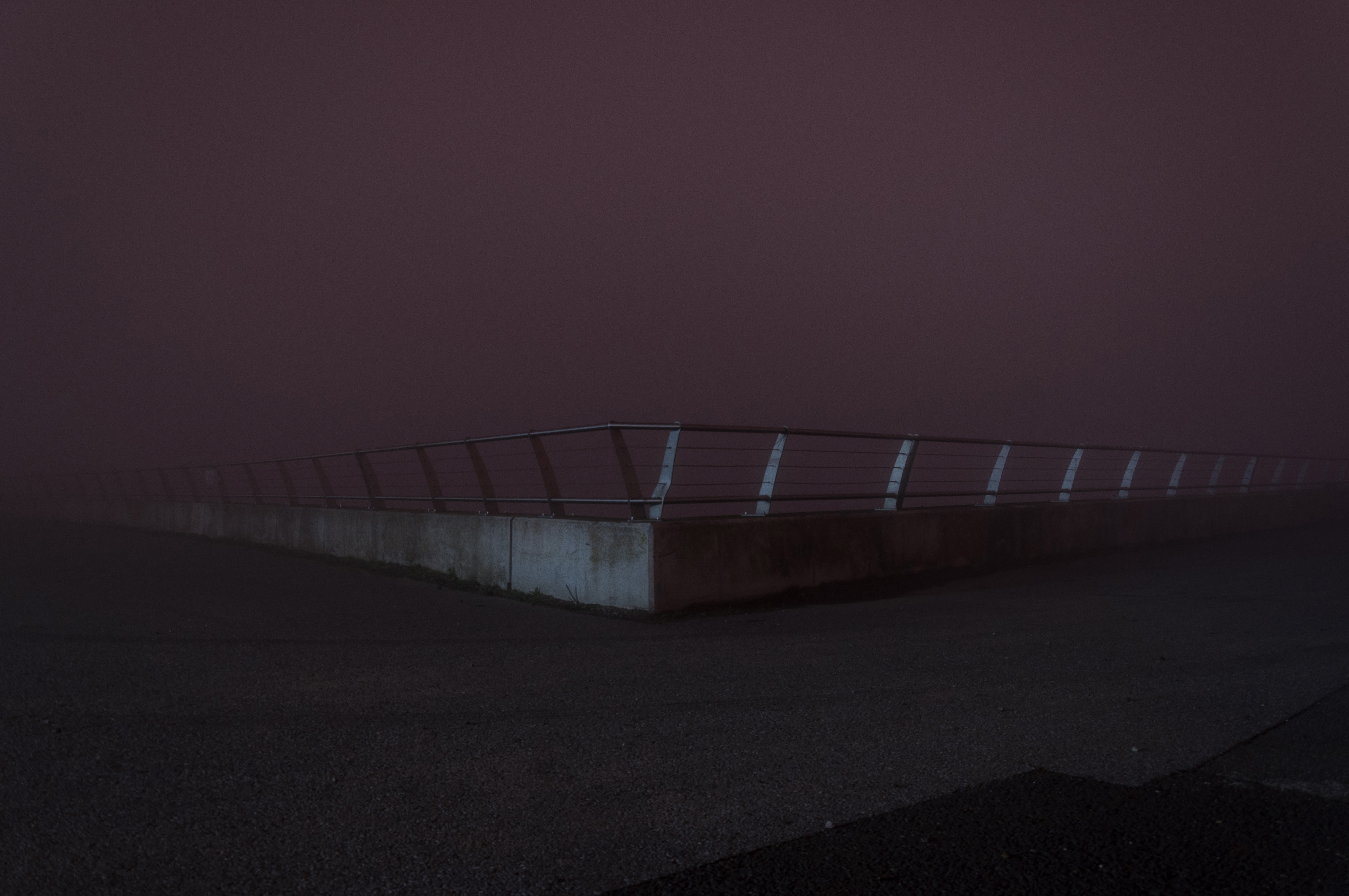
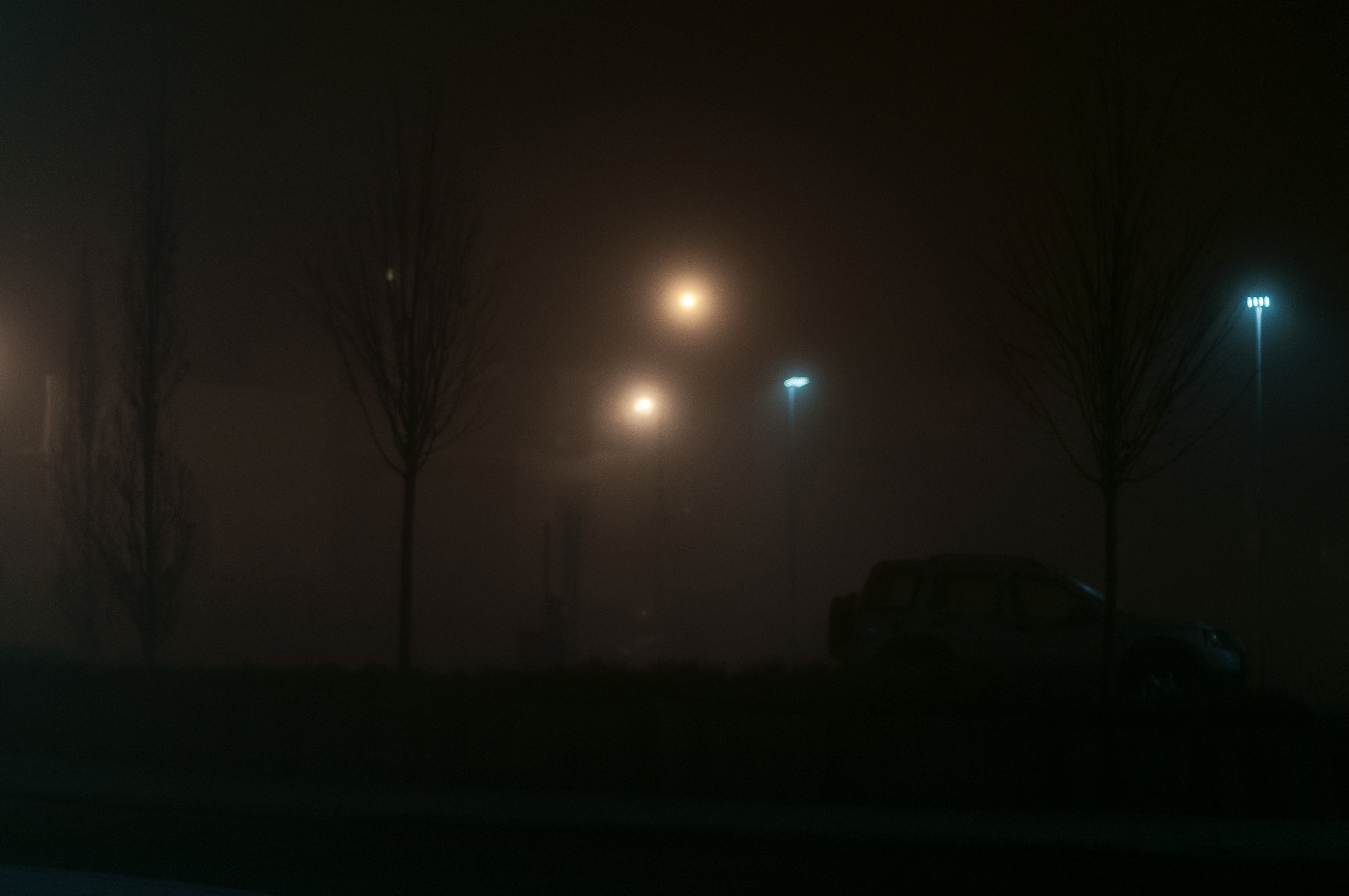
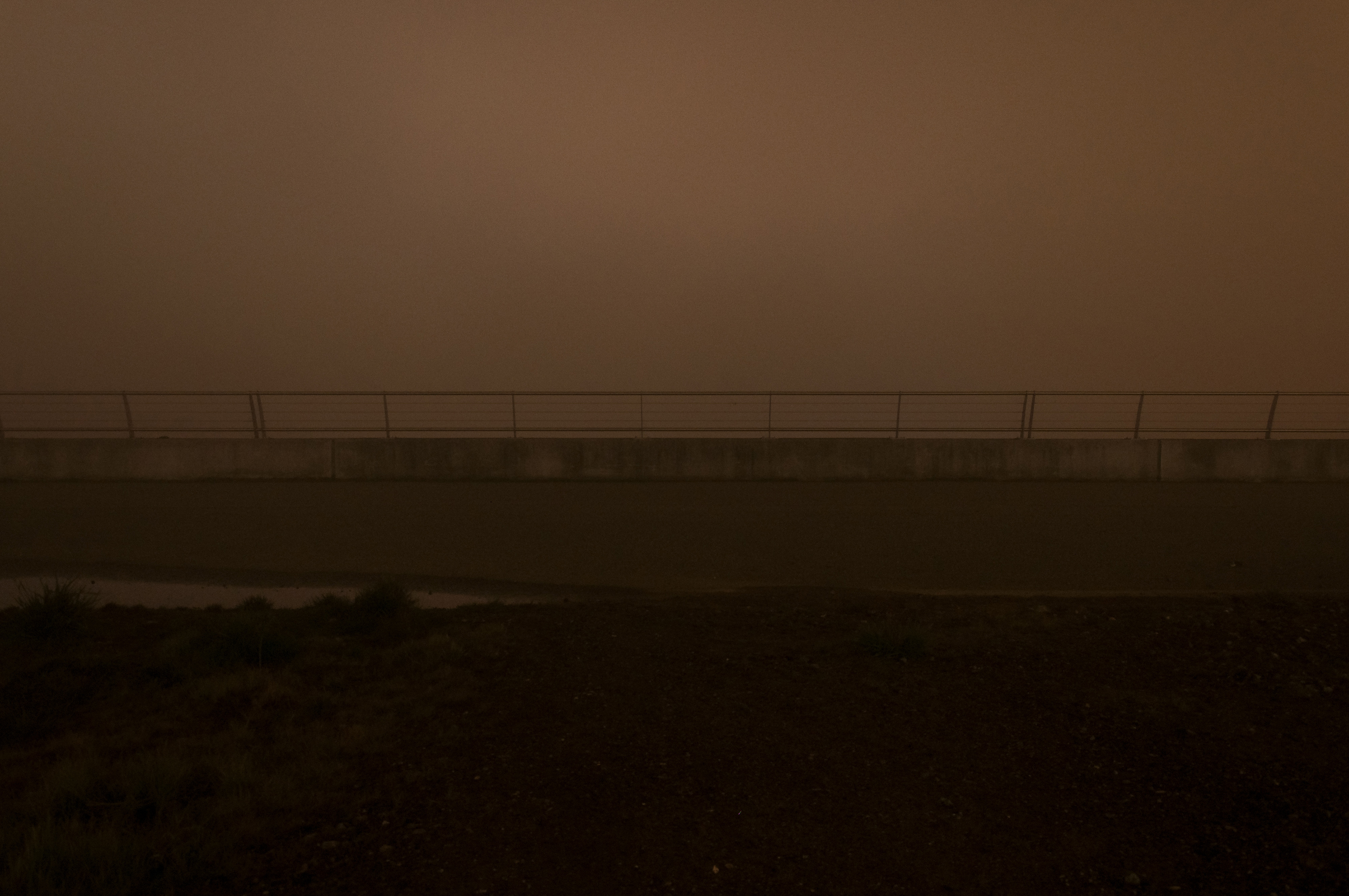


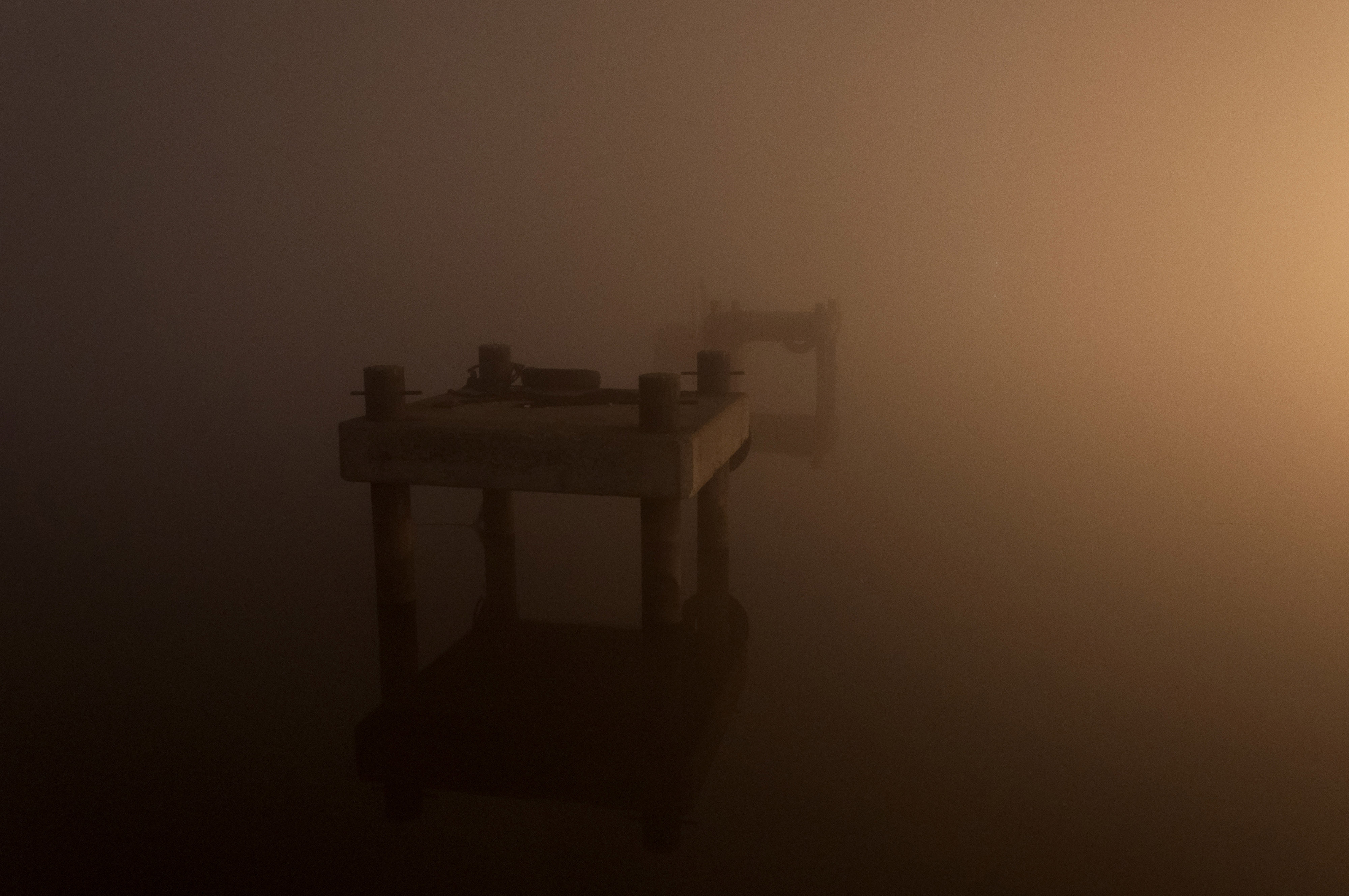
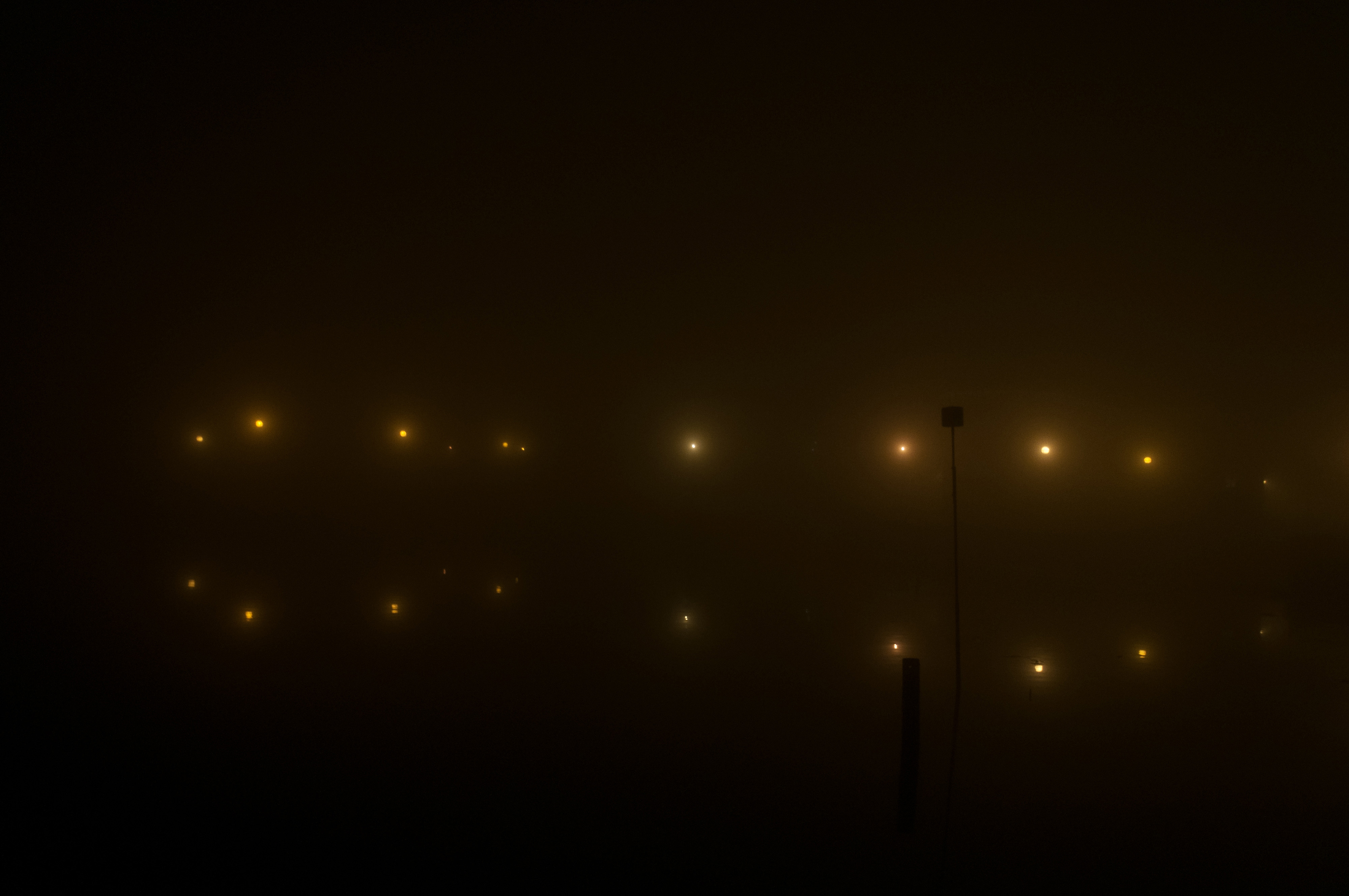
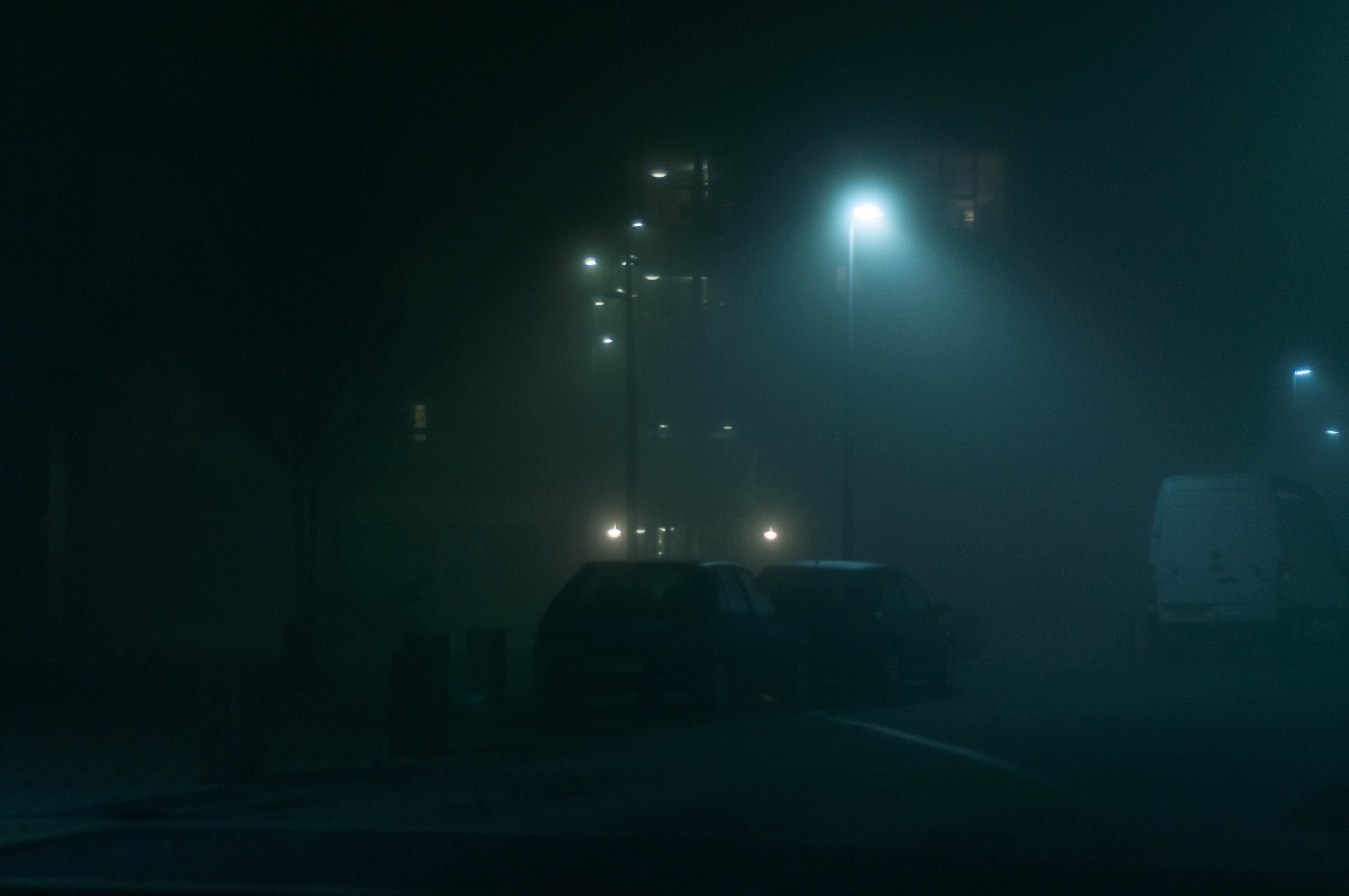
The Promise of Engineering in India
The Promise of Engineering in India stems from a personal experience of undergoing an engineering education and later working in the Indian tech industry. The project seeks to raise questions about the country’s all-consuming passion for engineering education – a rigorous and highly technical course lasting four years that demands high levels of competence in both theory and practice. The branch of knowledge is studied by millions of hopeful young Indians every year.
Many of these aspiring engineers choose the subject for the prospect of securing employment at the end of the course. A great number end up on the course due to the absence of a better option – does our society fail young people by not providing them with enough resources, options or courage to make more educated decisions about study and career options? The promise of engineering is that of a happy-ever-after, of a secure future in a socially valued and well-paid job. But many fail to make the grade, and the myth of the promise has resulted in a class of unhappy engineers. The charm of income and status lasts for some time but sooner or later, the factors determining true satisfaction such as interesting work, personal growth, and recognition takes over. Characterised as the quarter-life crisis, the phenomenon that many millennials are facing, they find themselves stuck in a proverbial rut, trapped and feel a sense of powerlessness while constantly expected to lead a fulfilling life.
The body of work consists of a series of portraits of engineers in their mid to late 20s, a collective representation of a generation in a state of transition. The images portray each individual returning from work, at the threshold of their home.
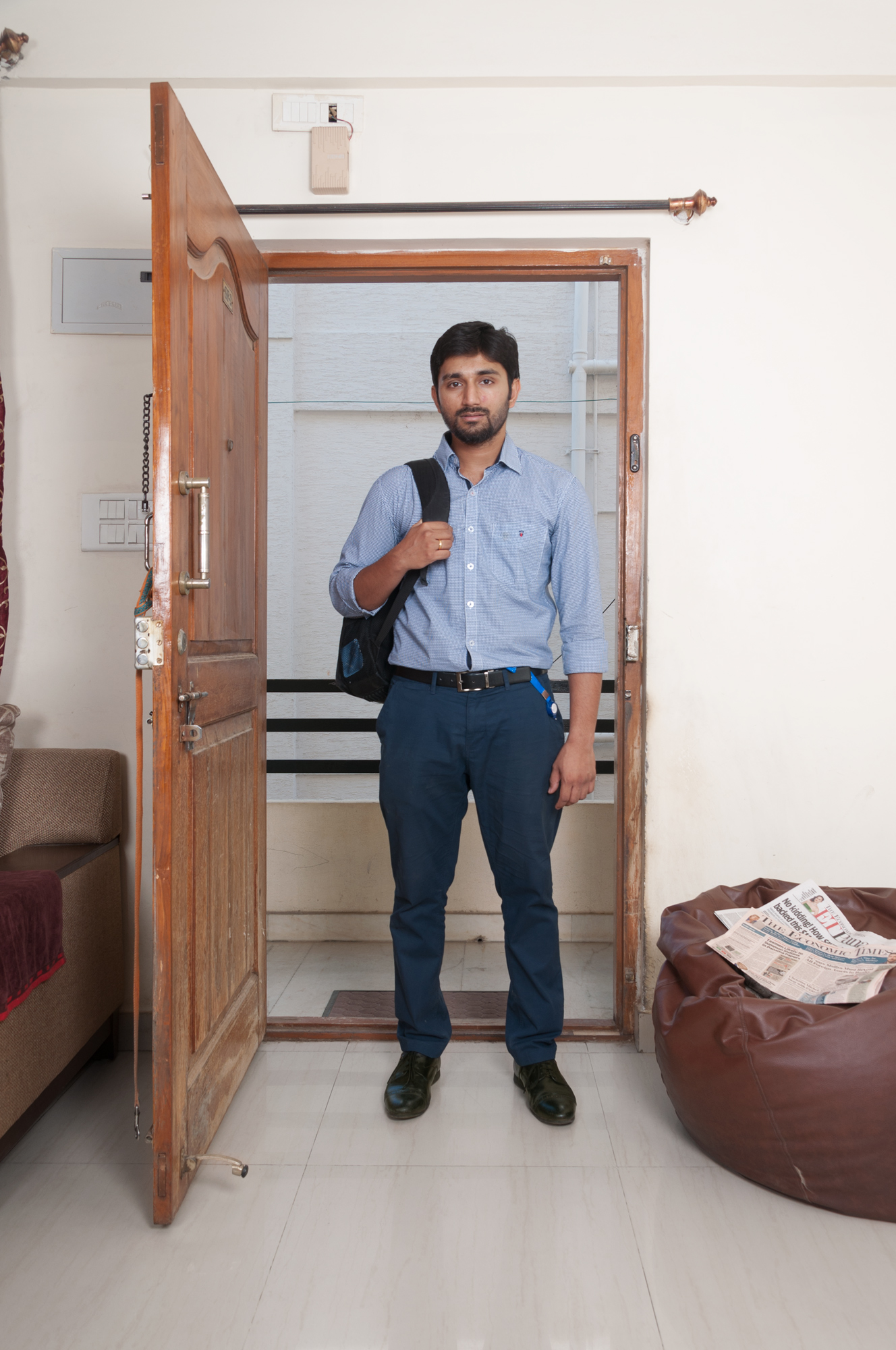

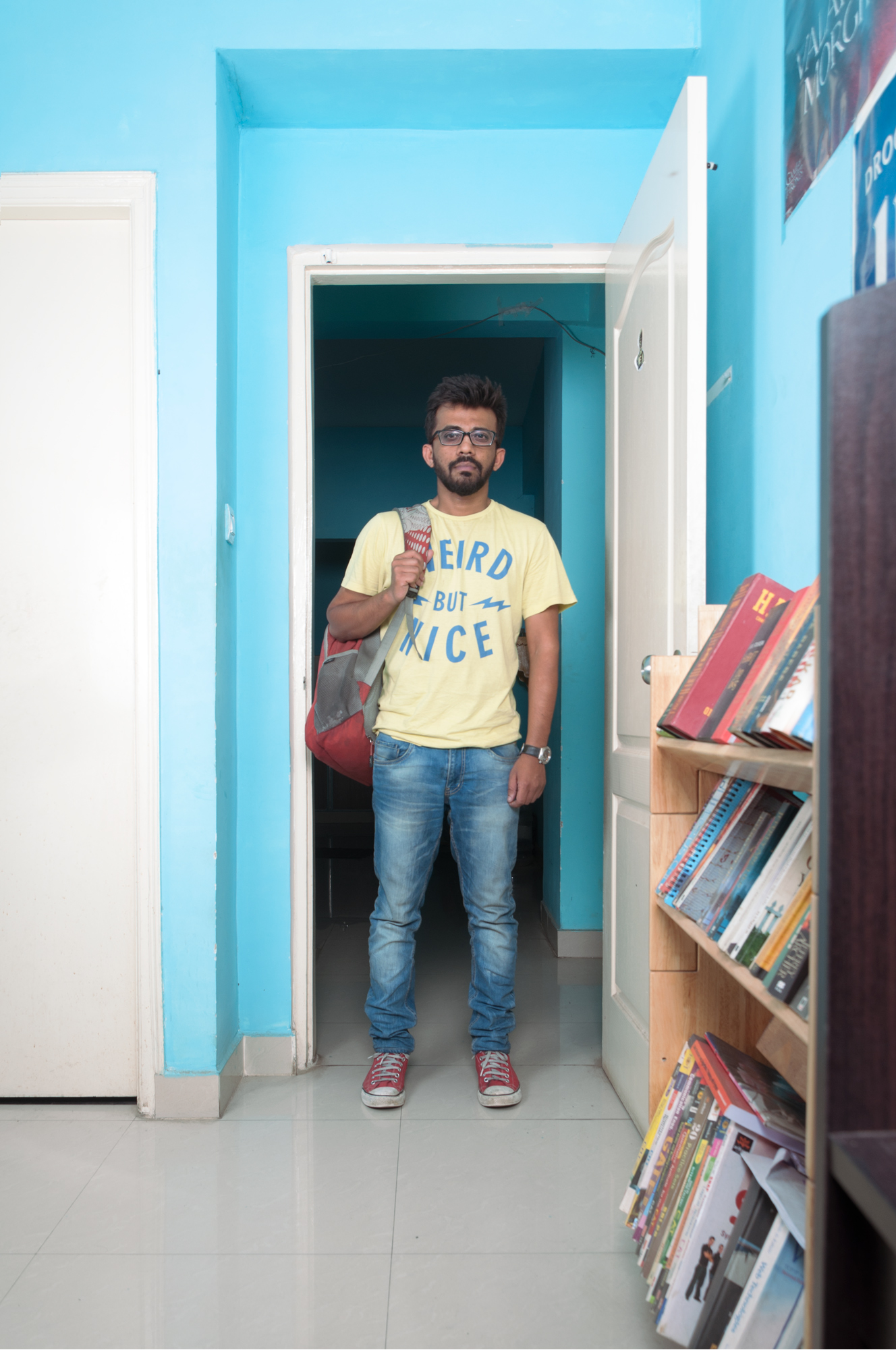
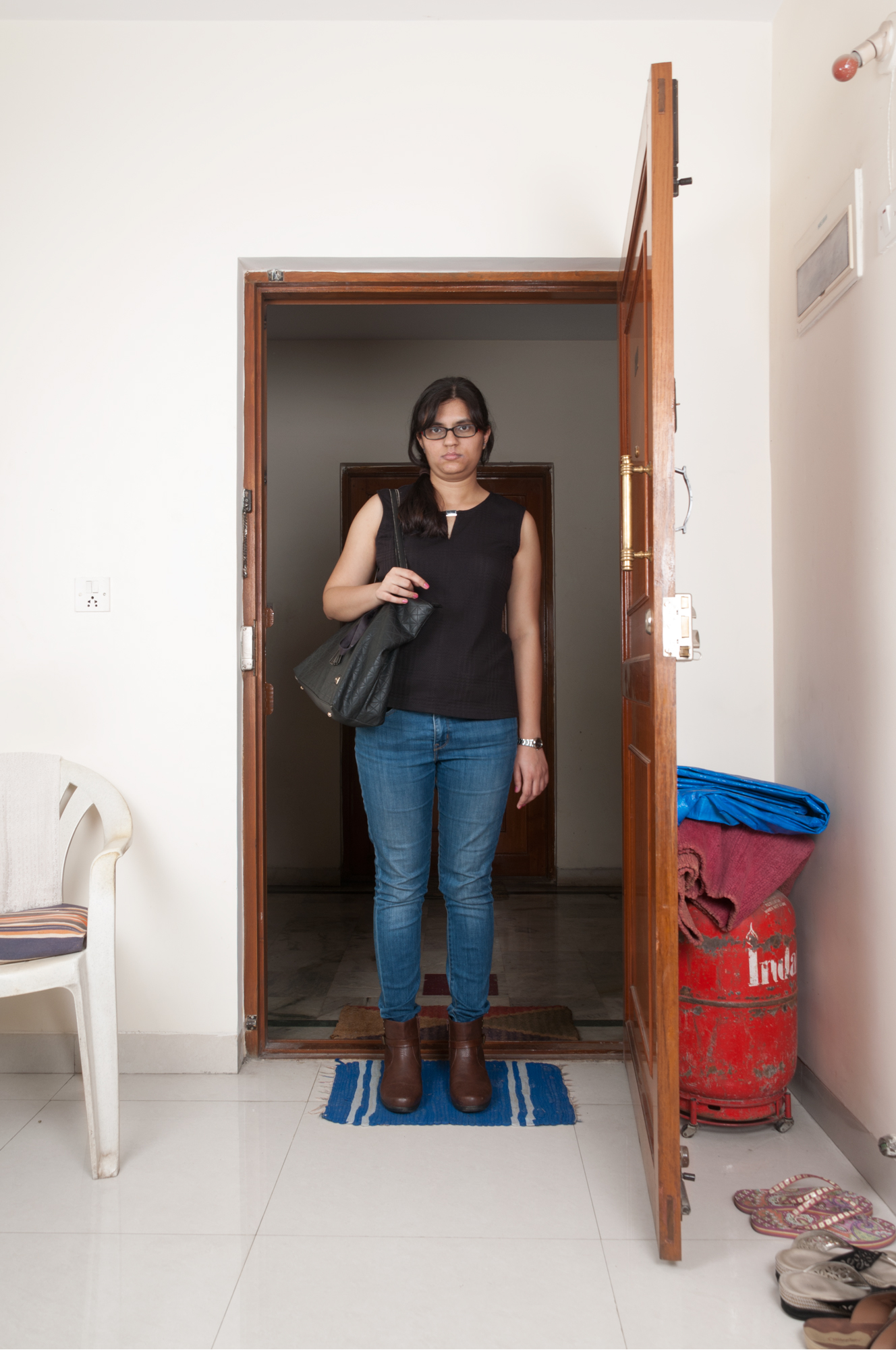
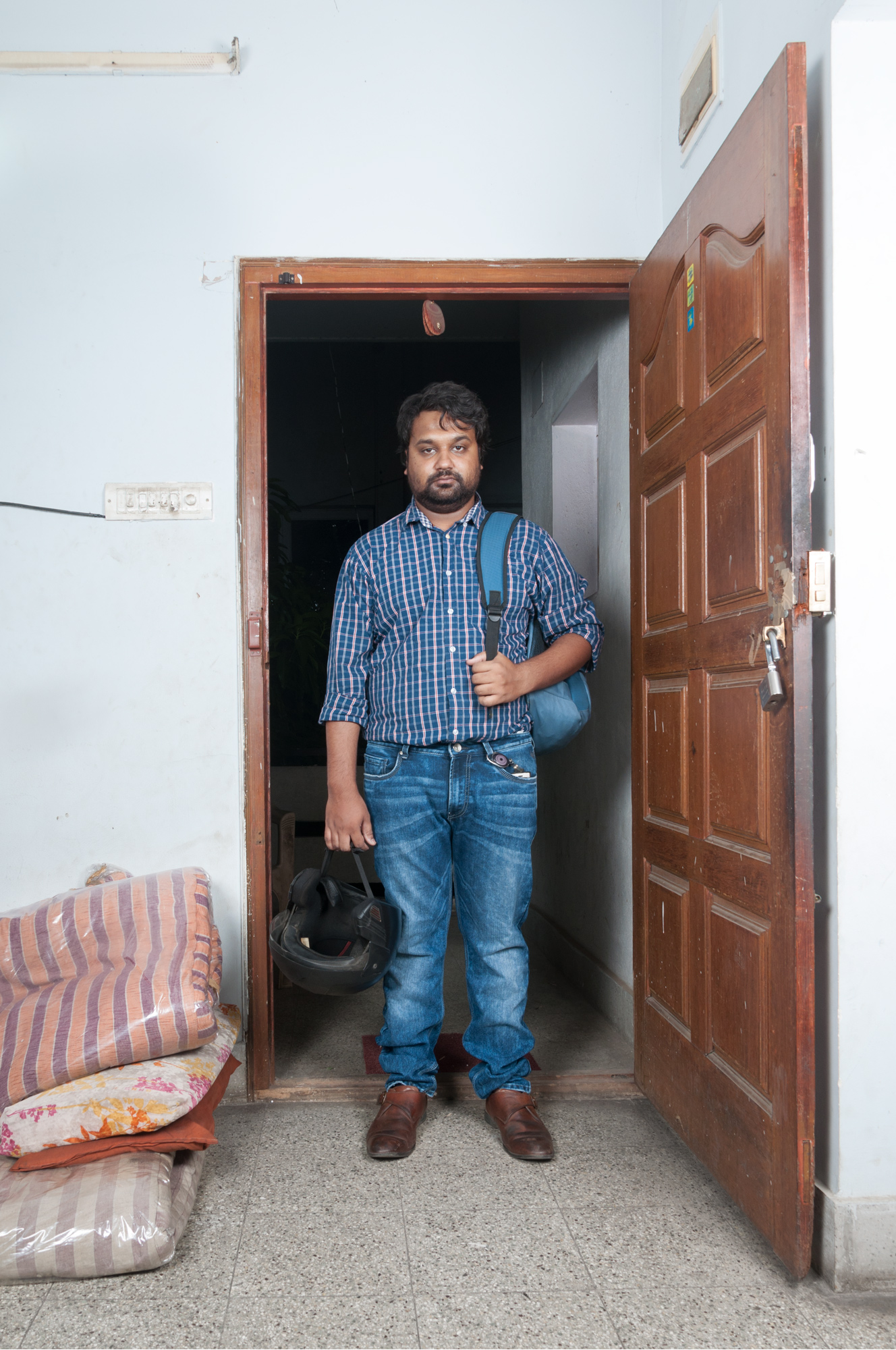
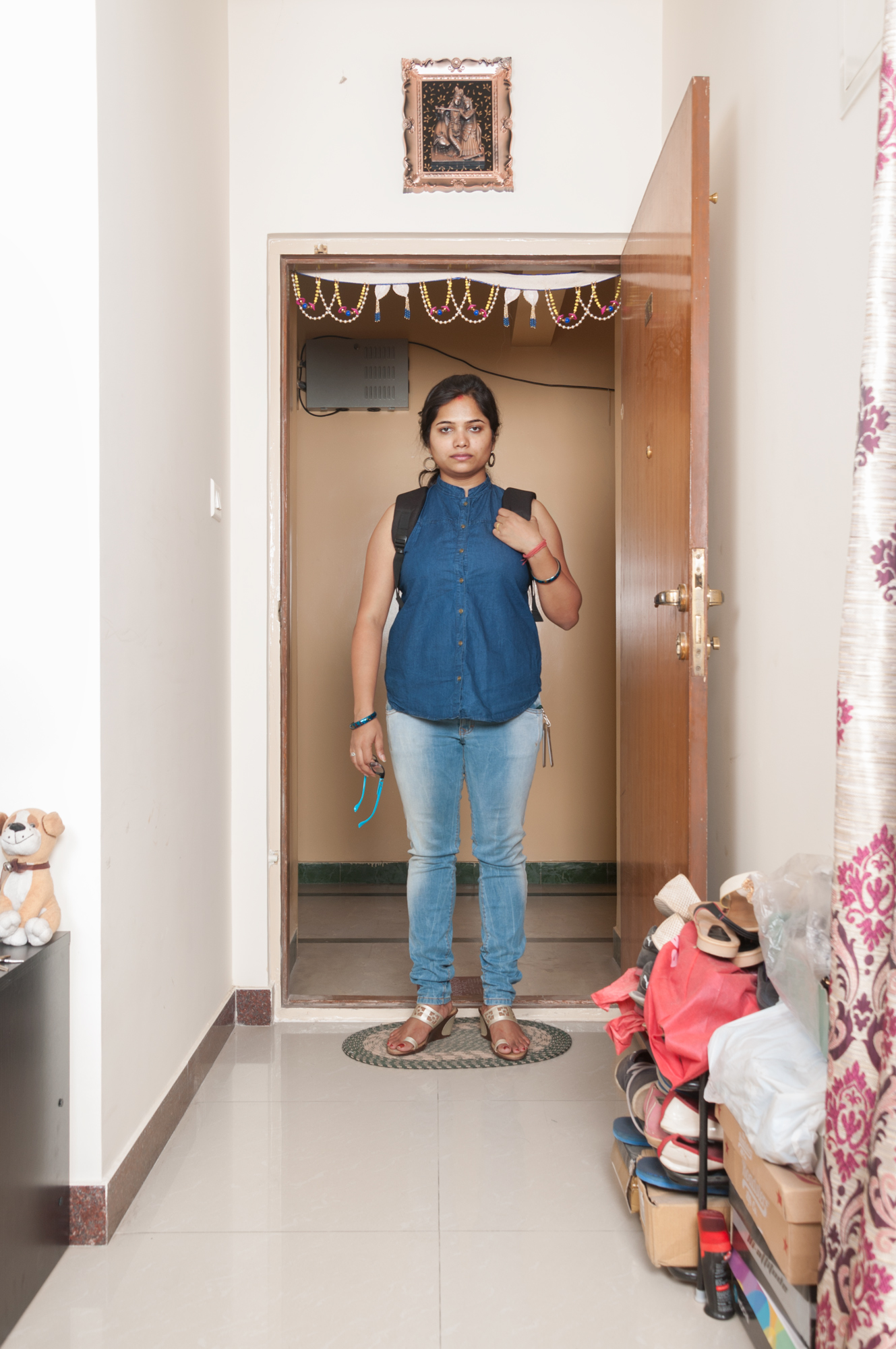

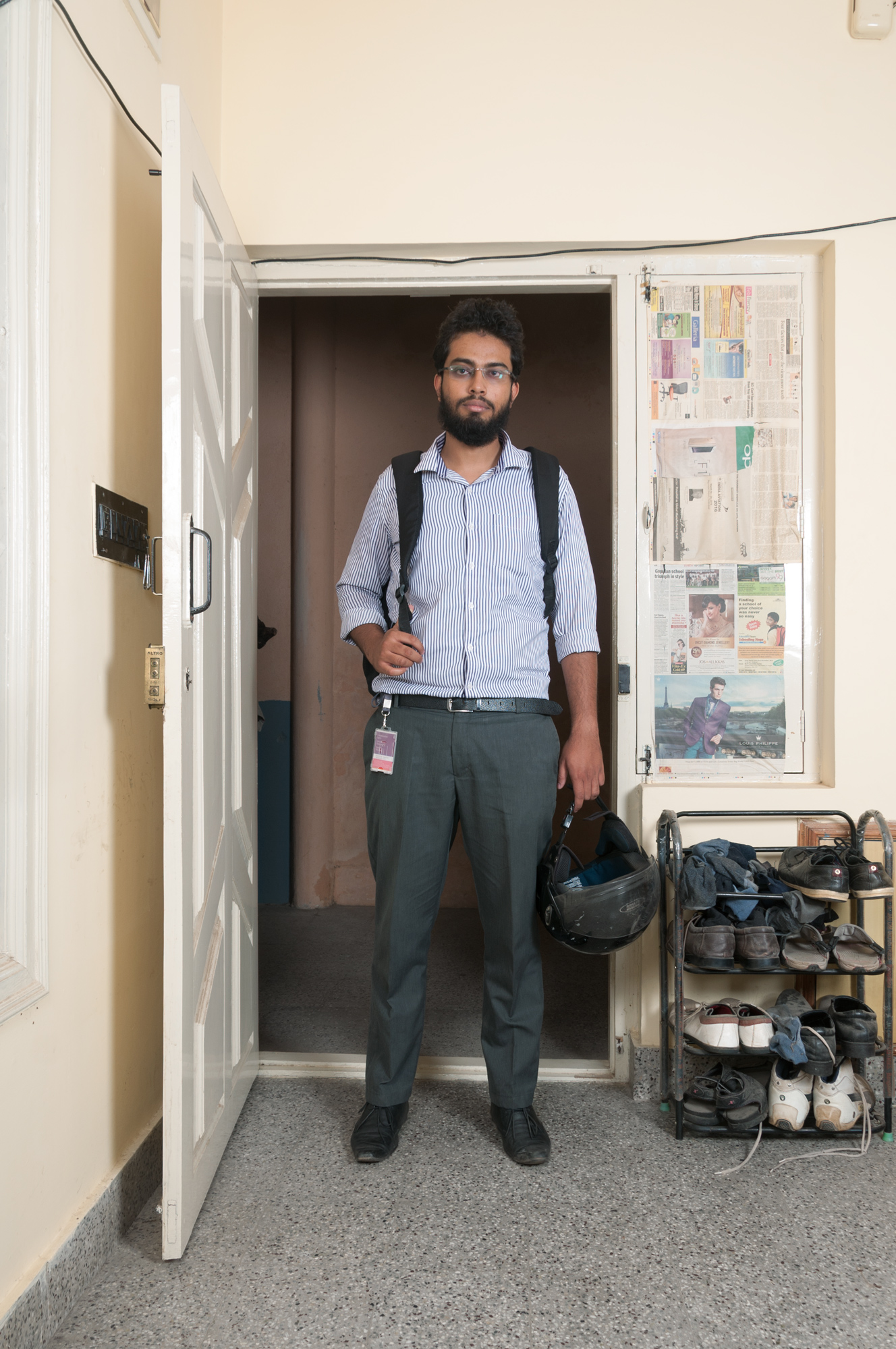

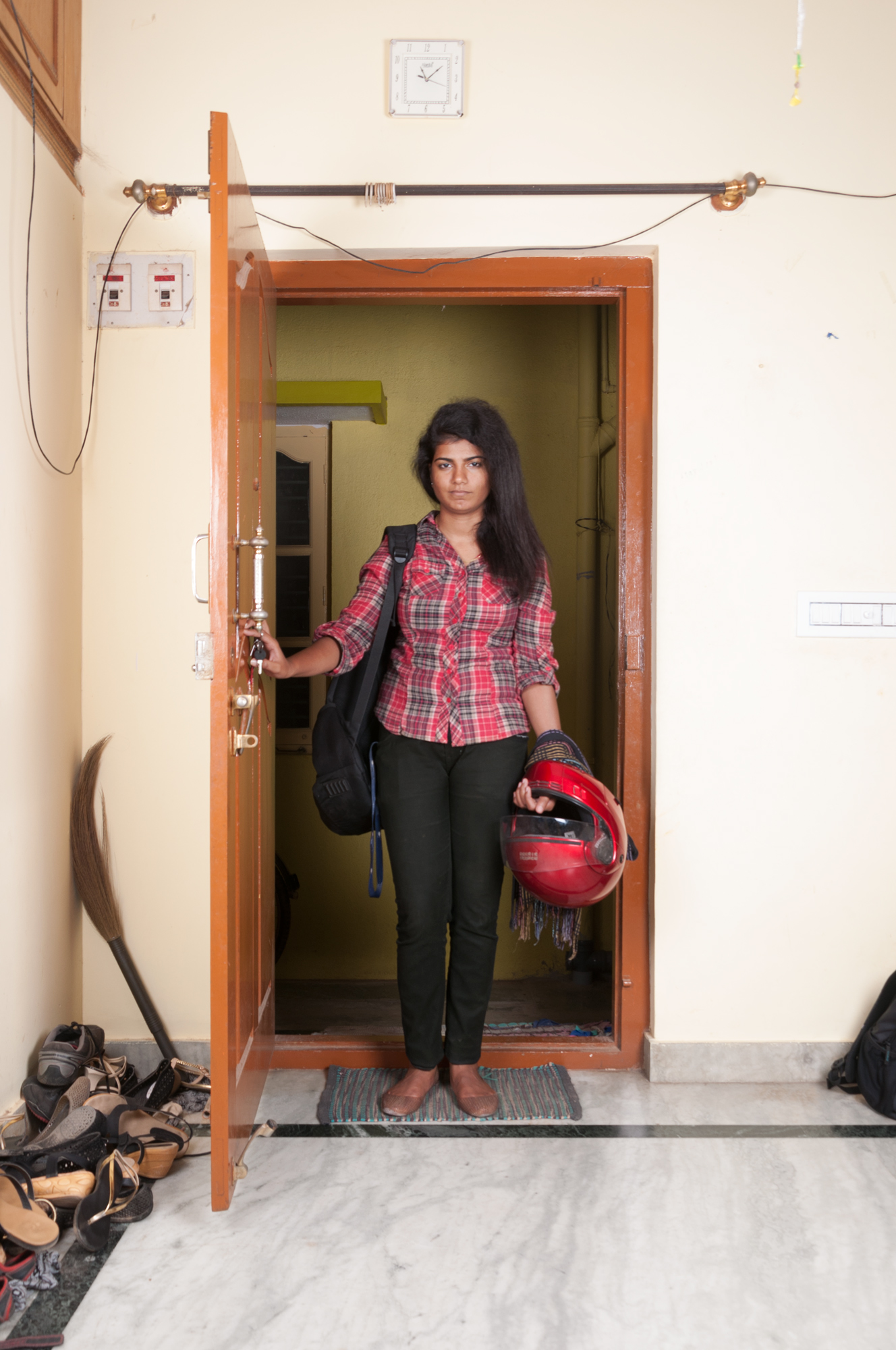
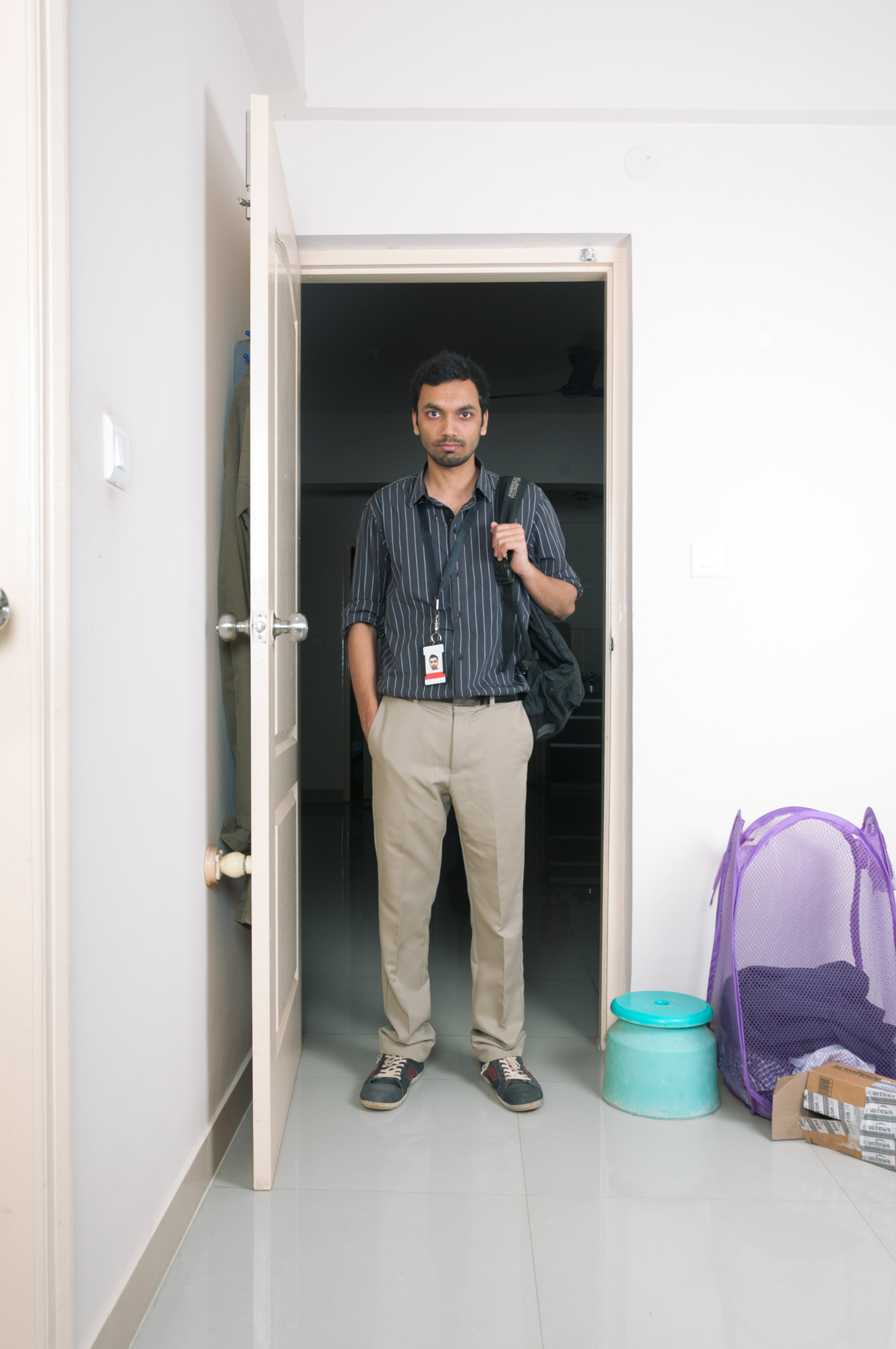
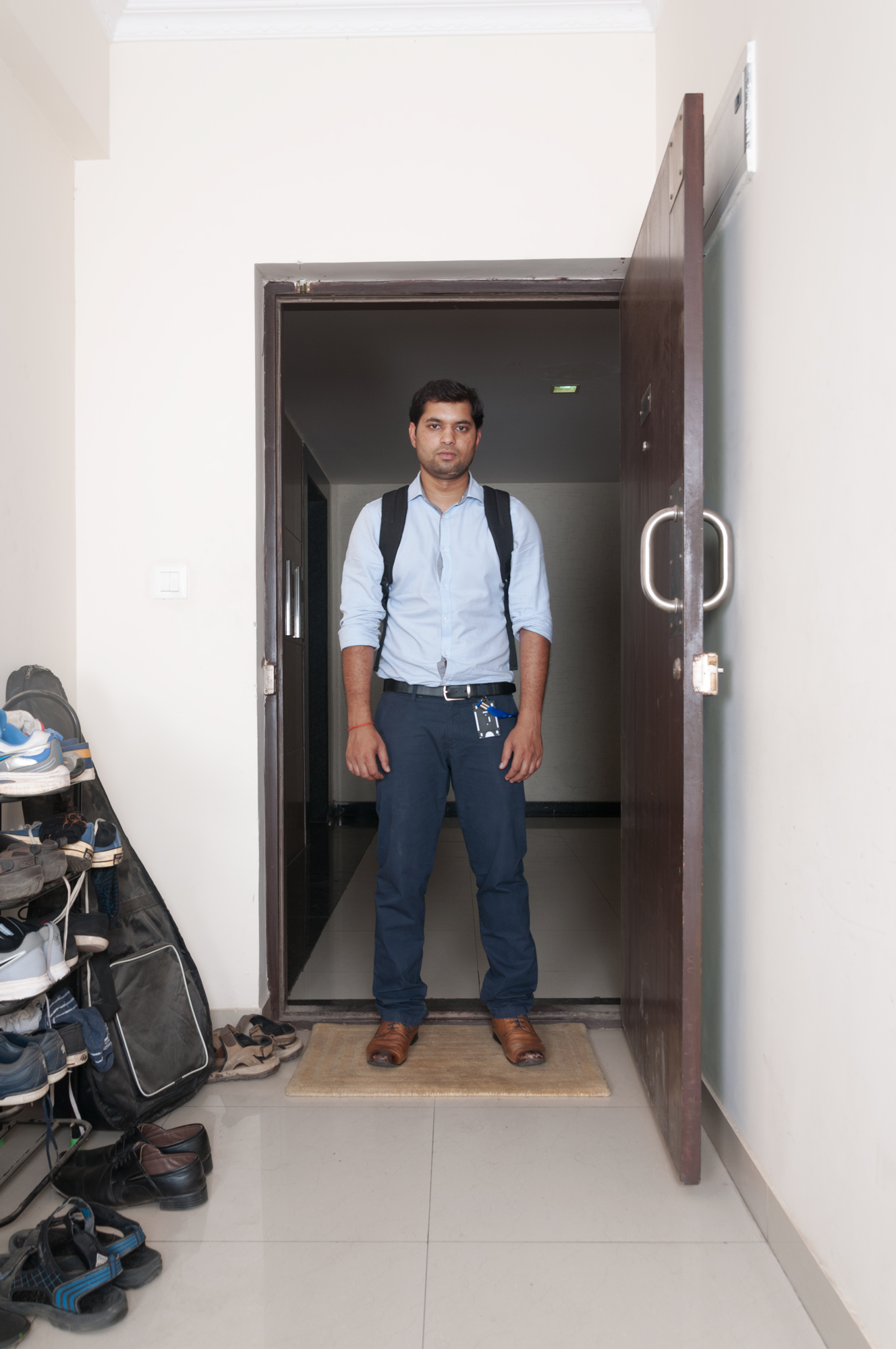

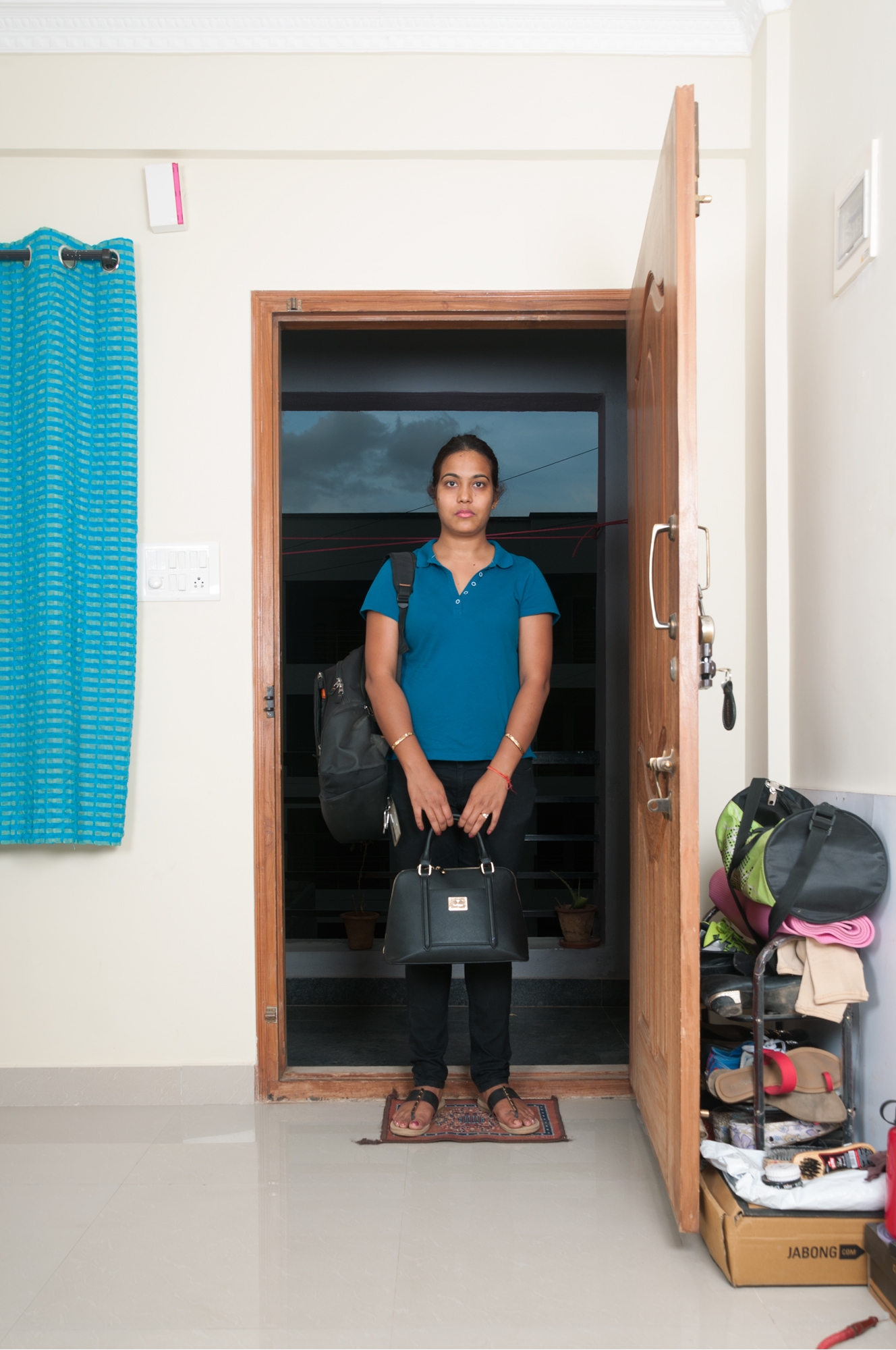
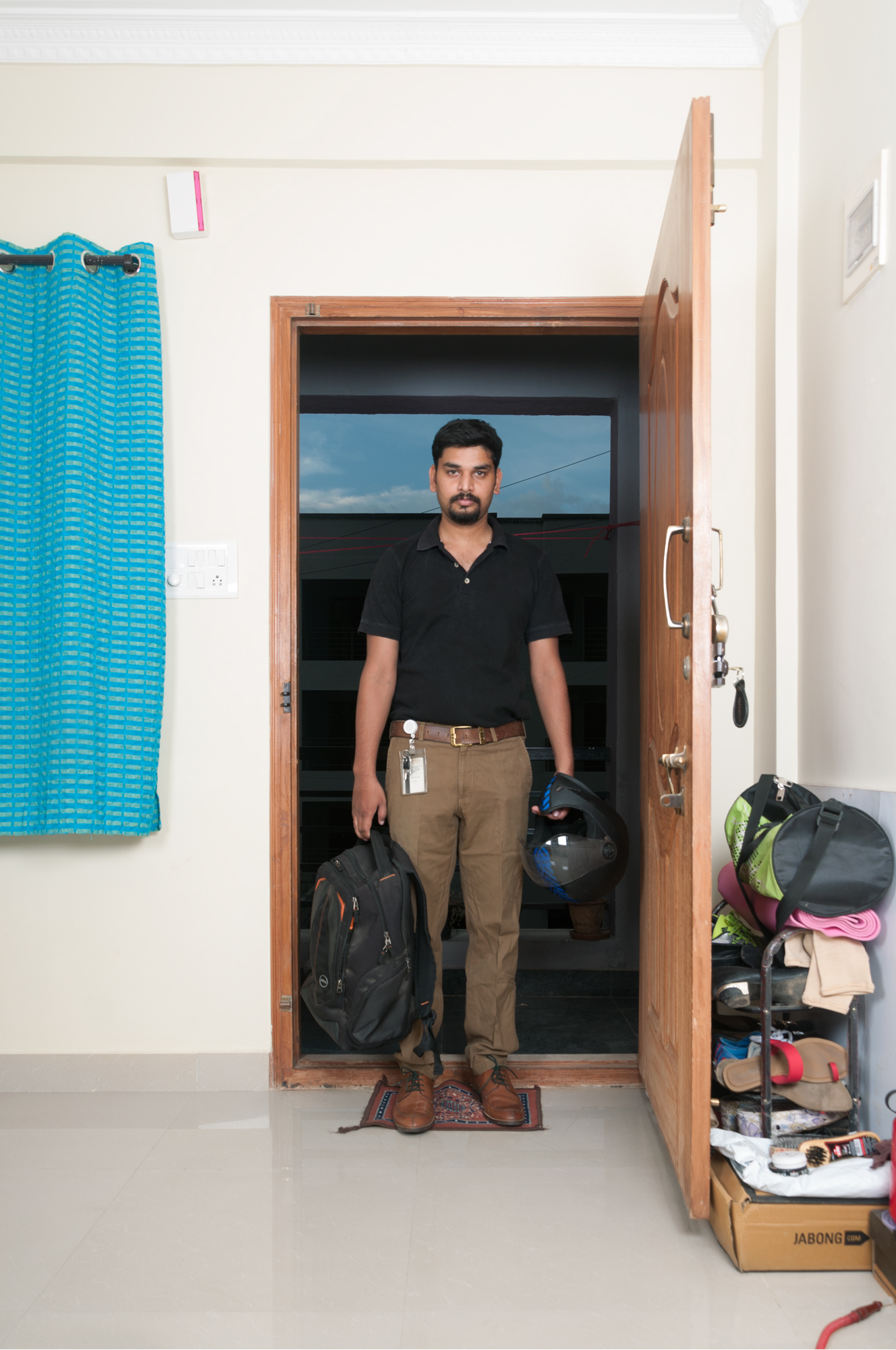
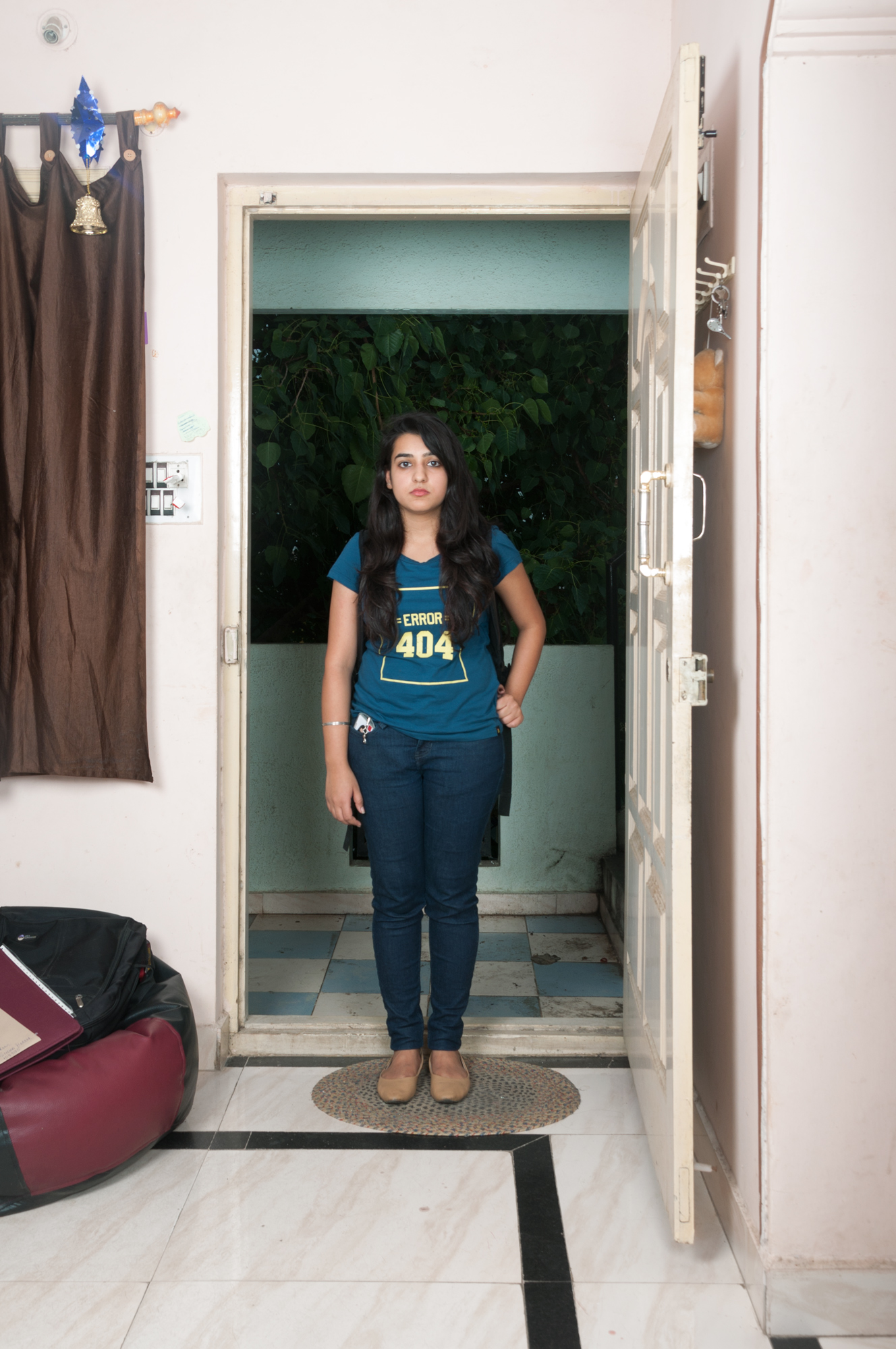
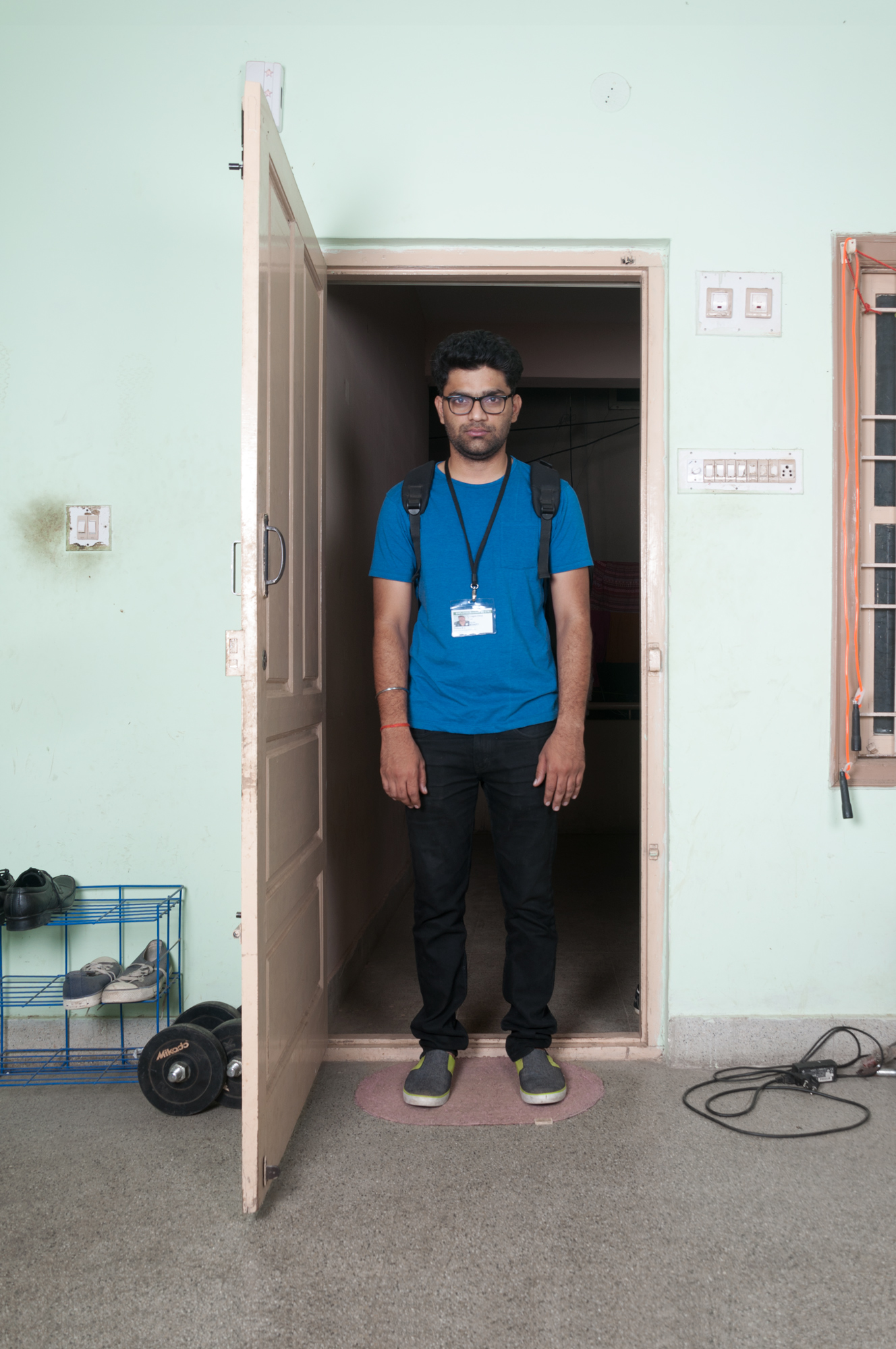
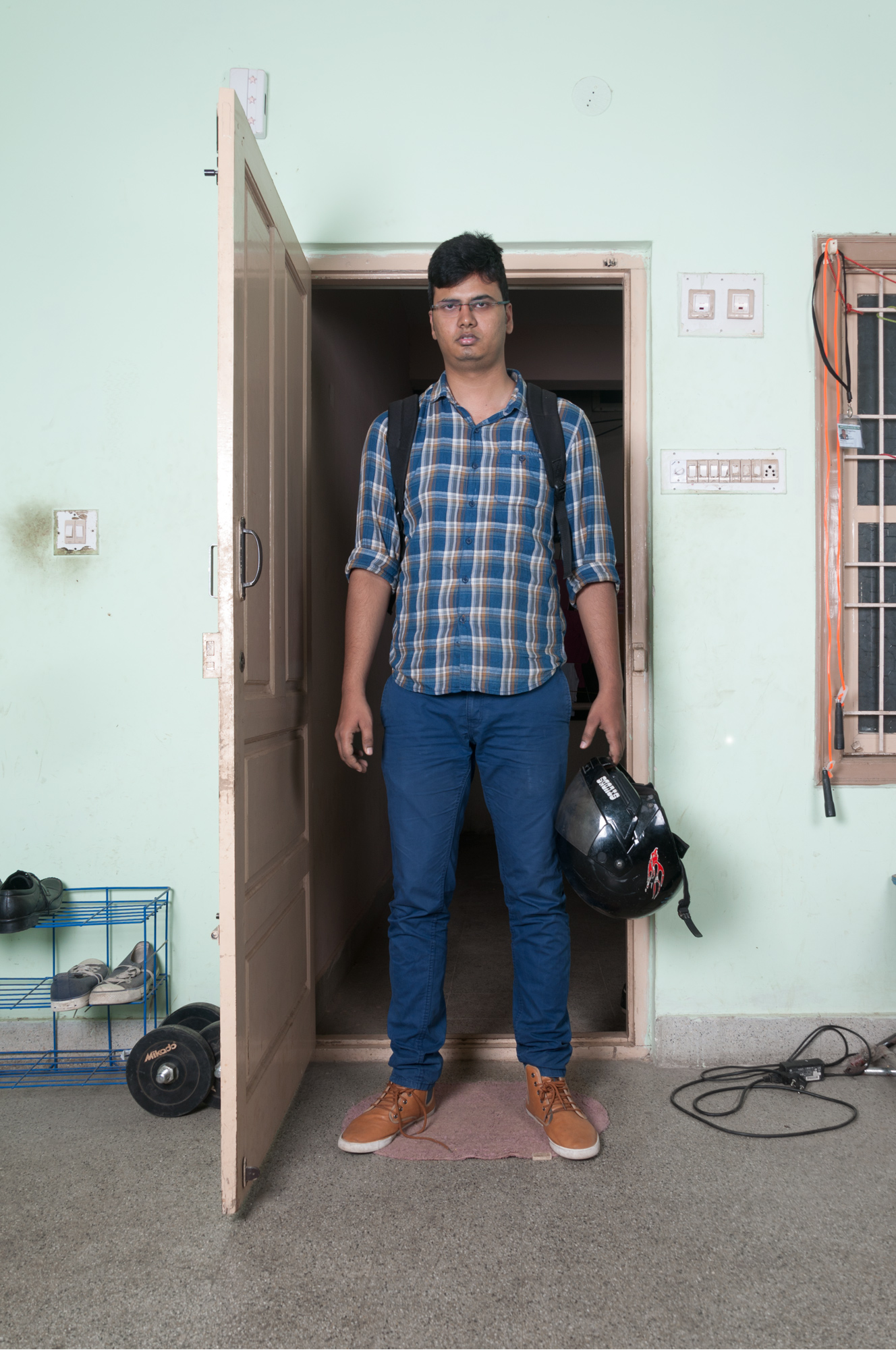
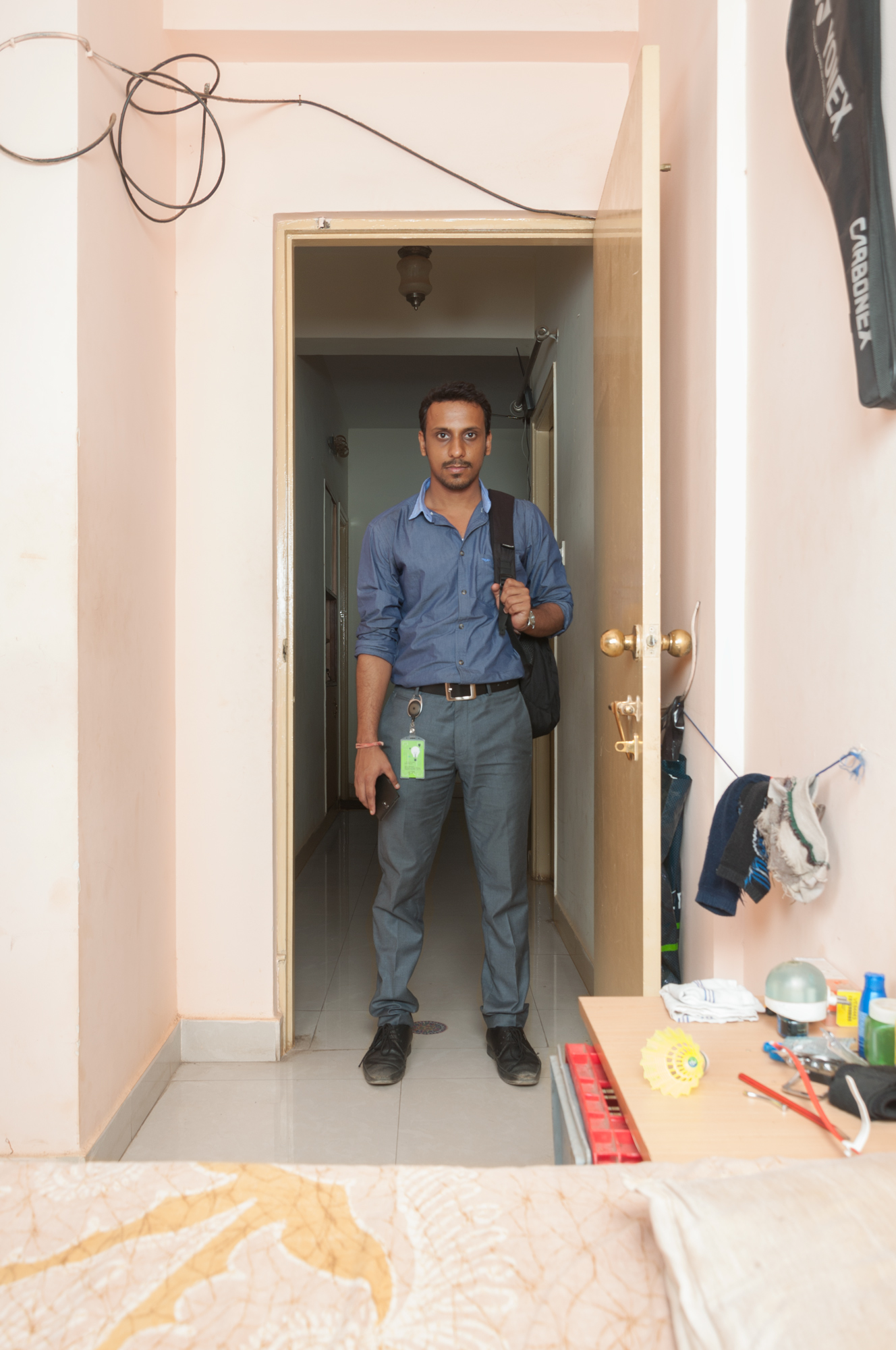
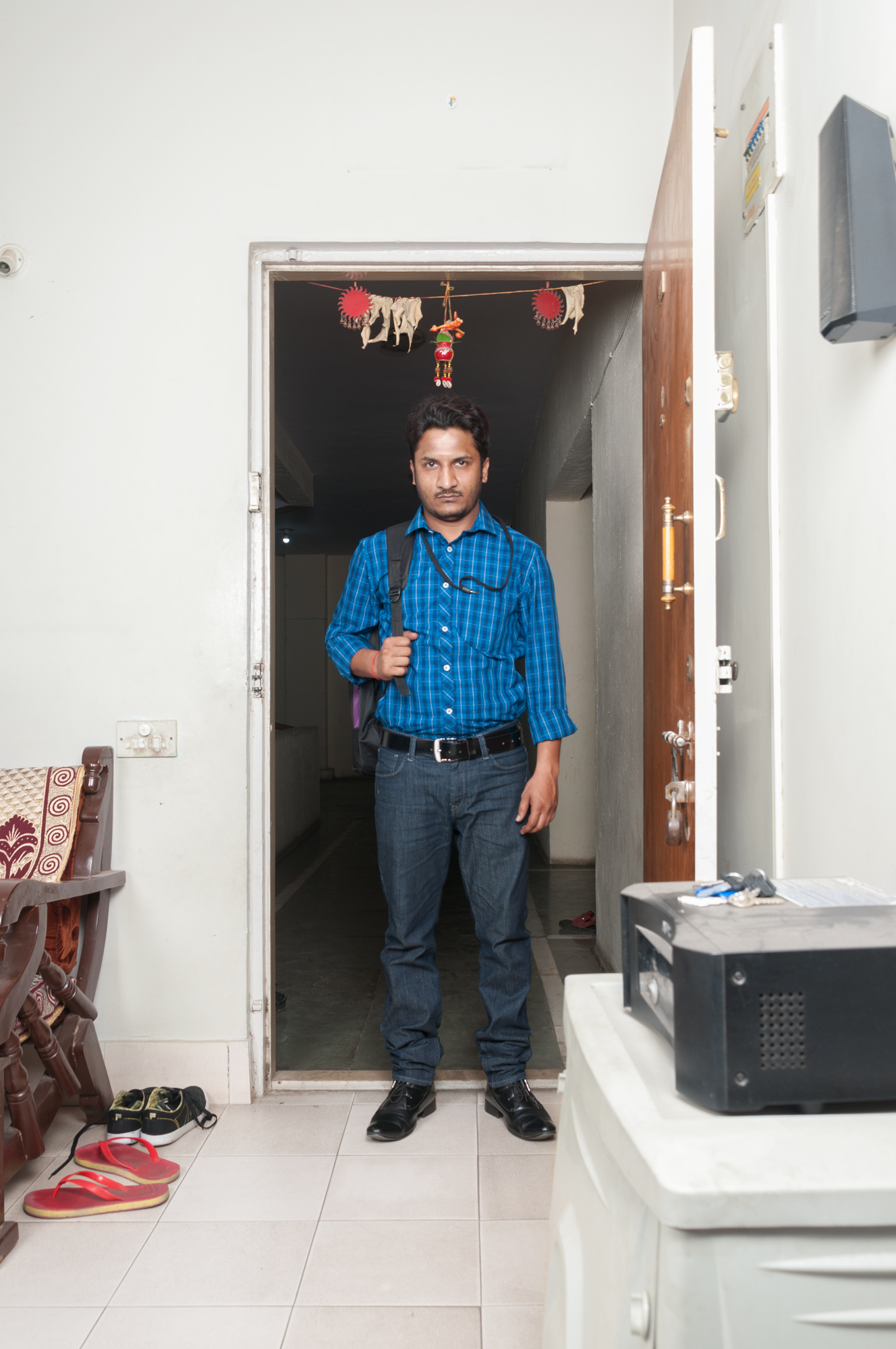

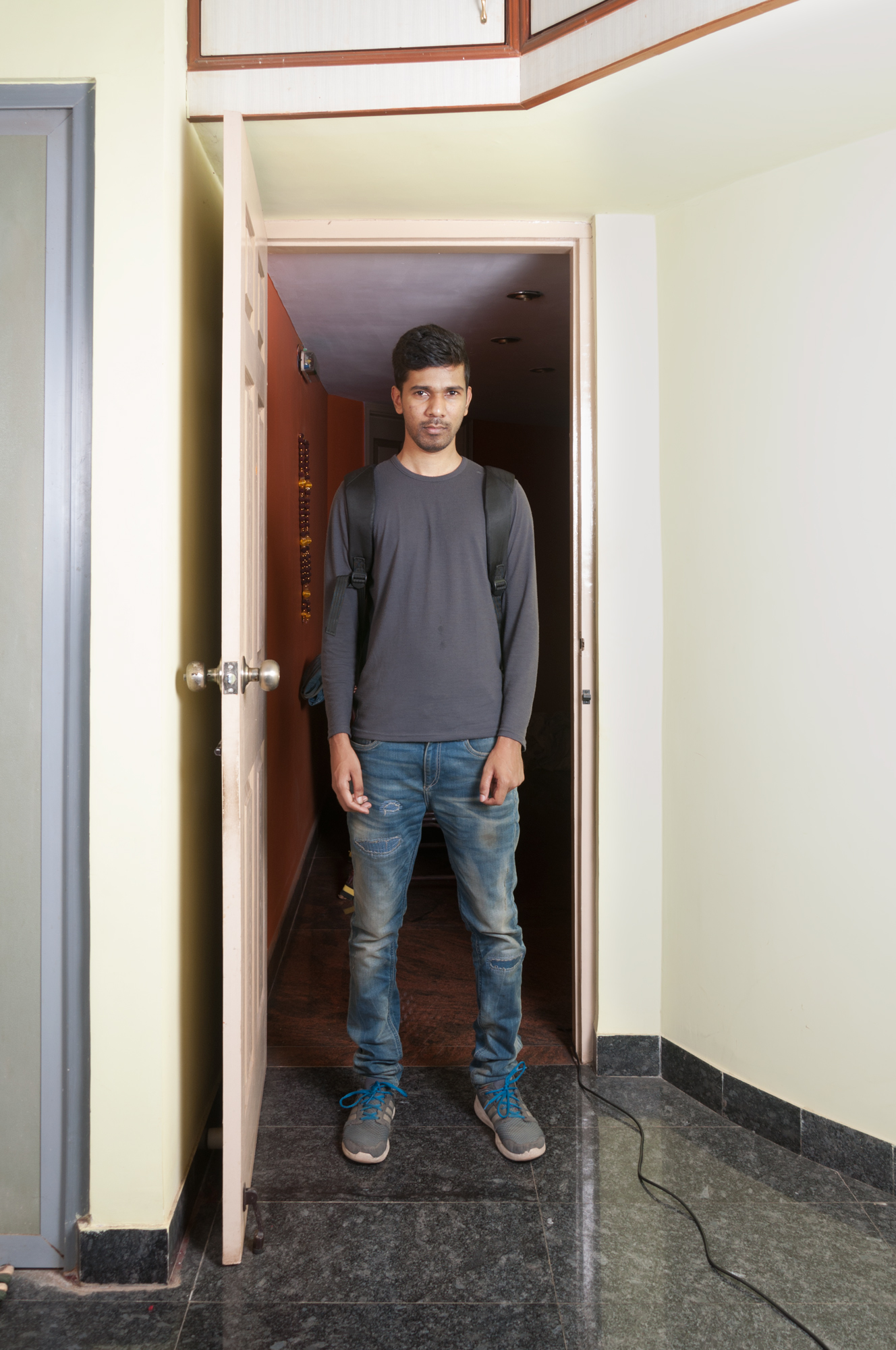
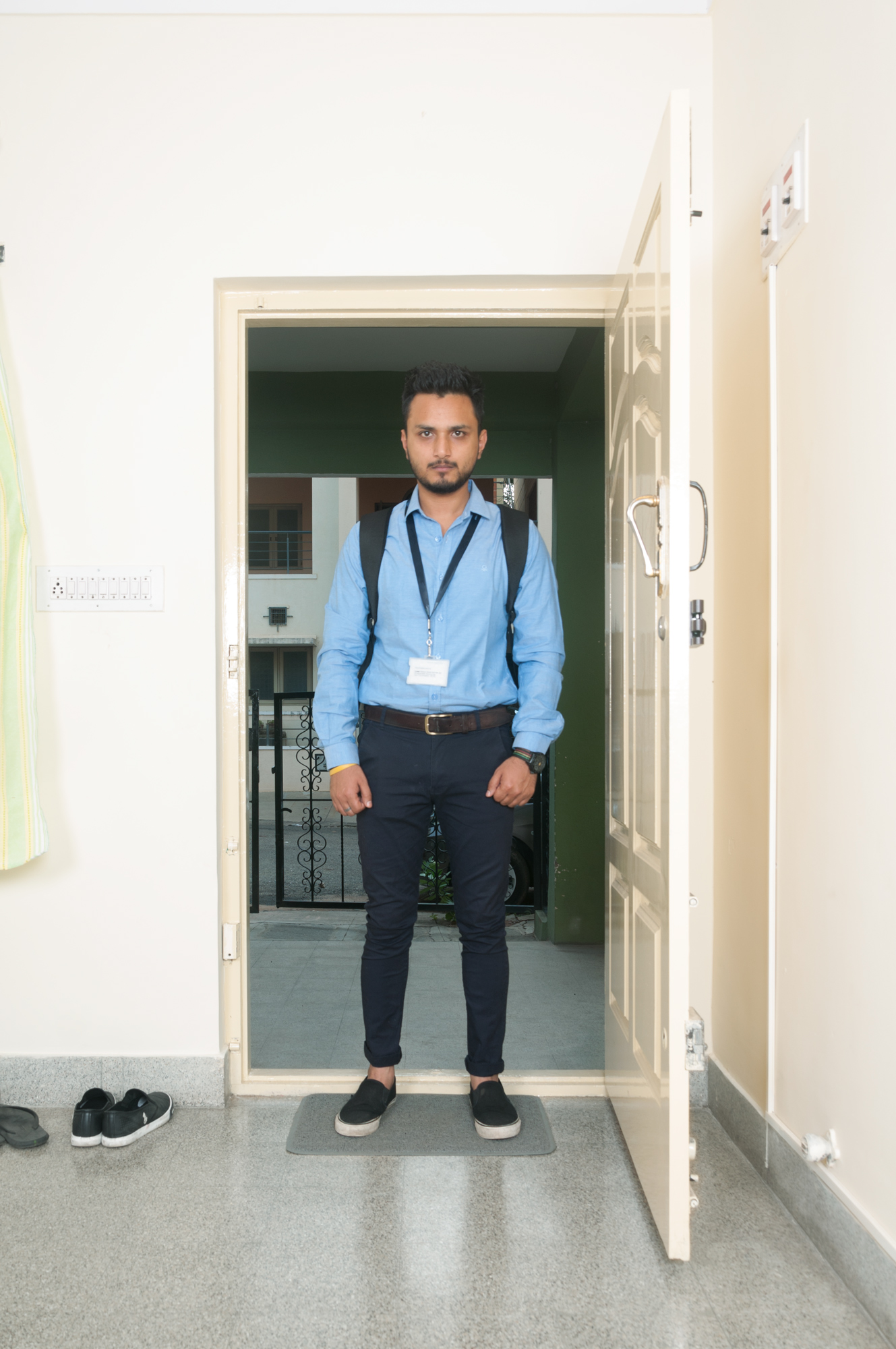
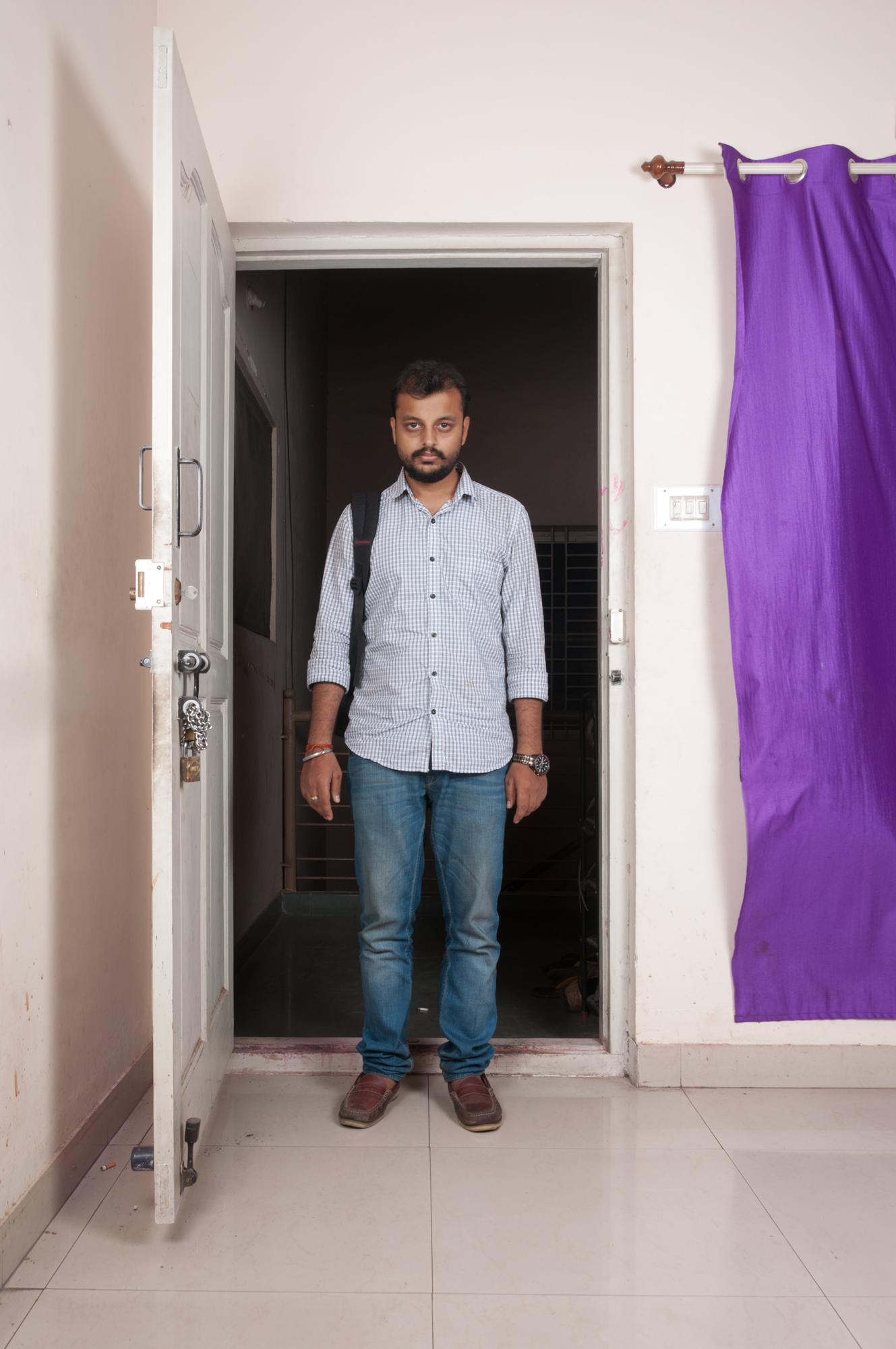
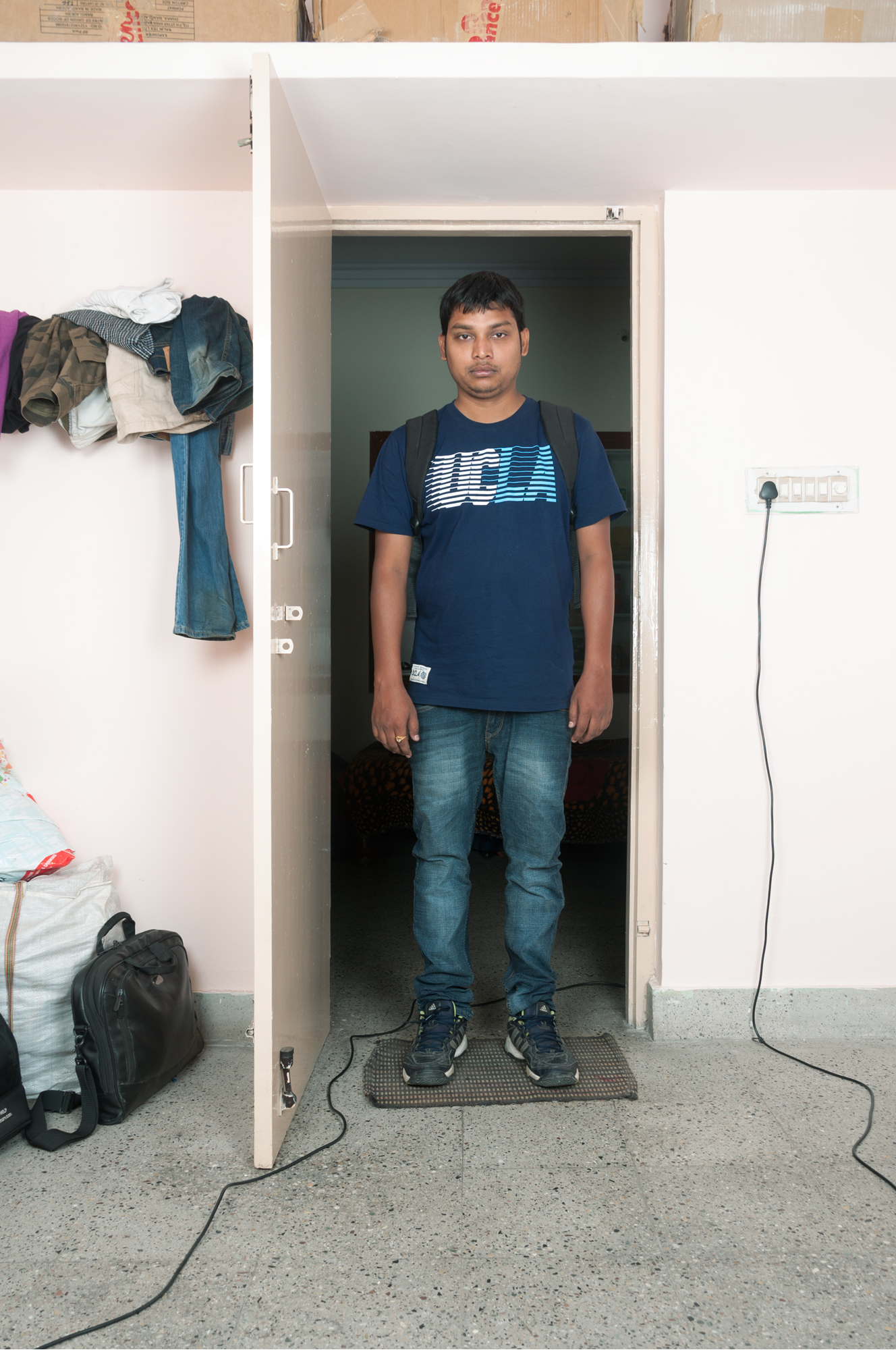
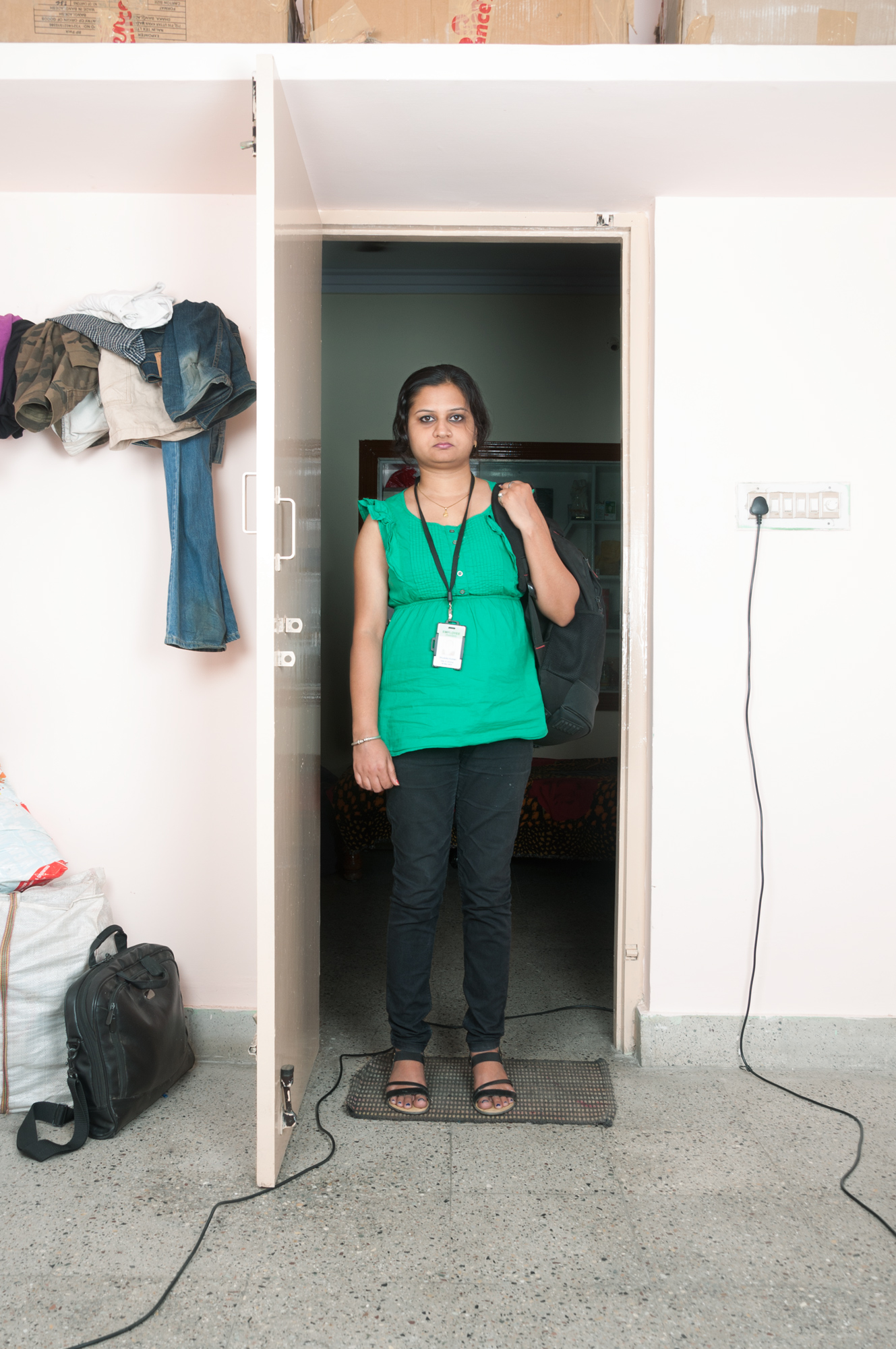
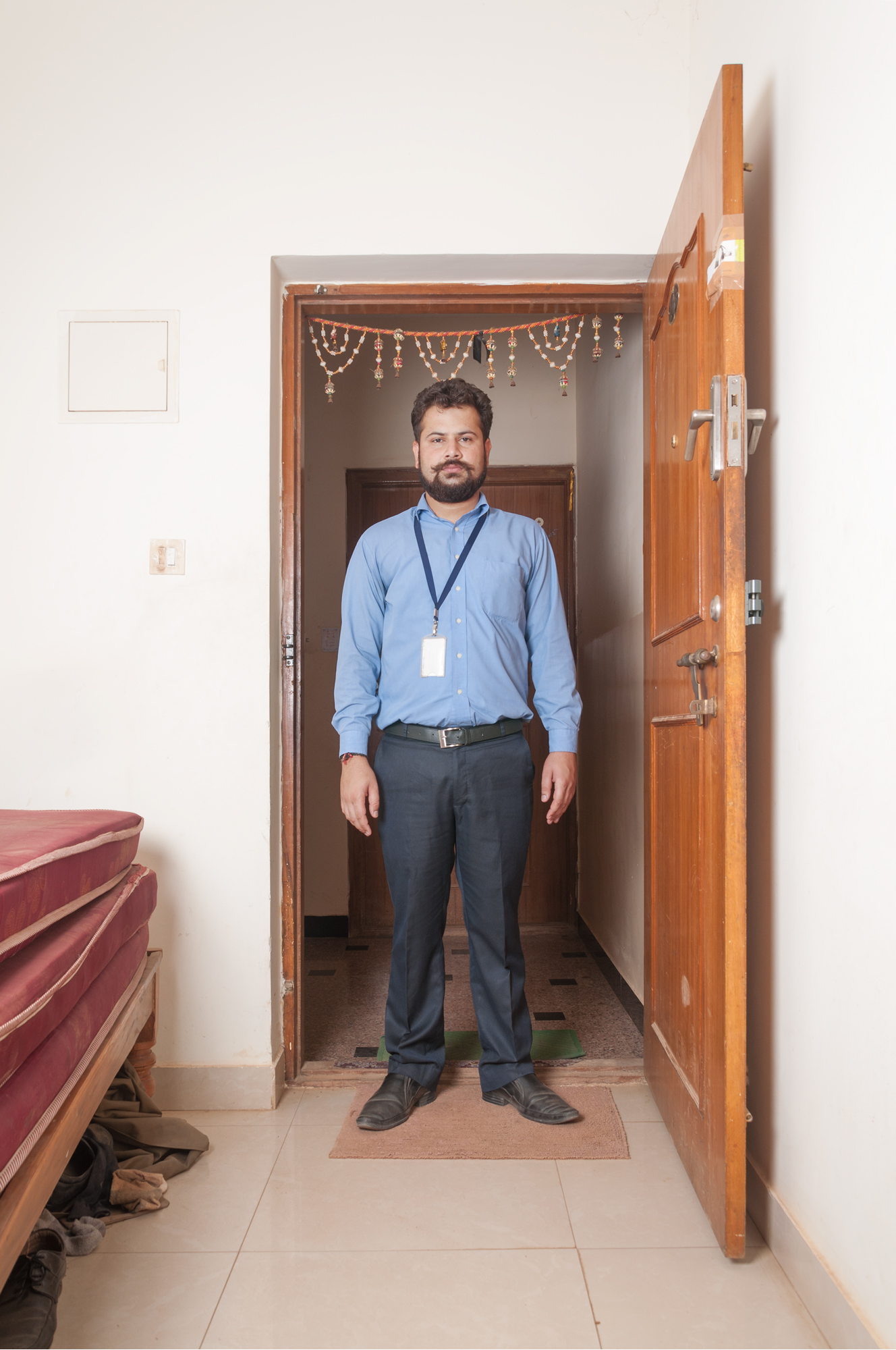
Why We Fight?
Work In ProgressInterested in exploring questions including, “why would one sign up to getting punched in the face?”, what motivates MMA fighters to compete, and an attempt to poke at the philosophical question of “why we fight?“ in the geopolitical context.



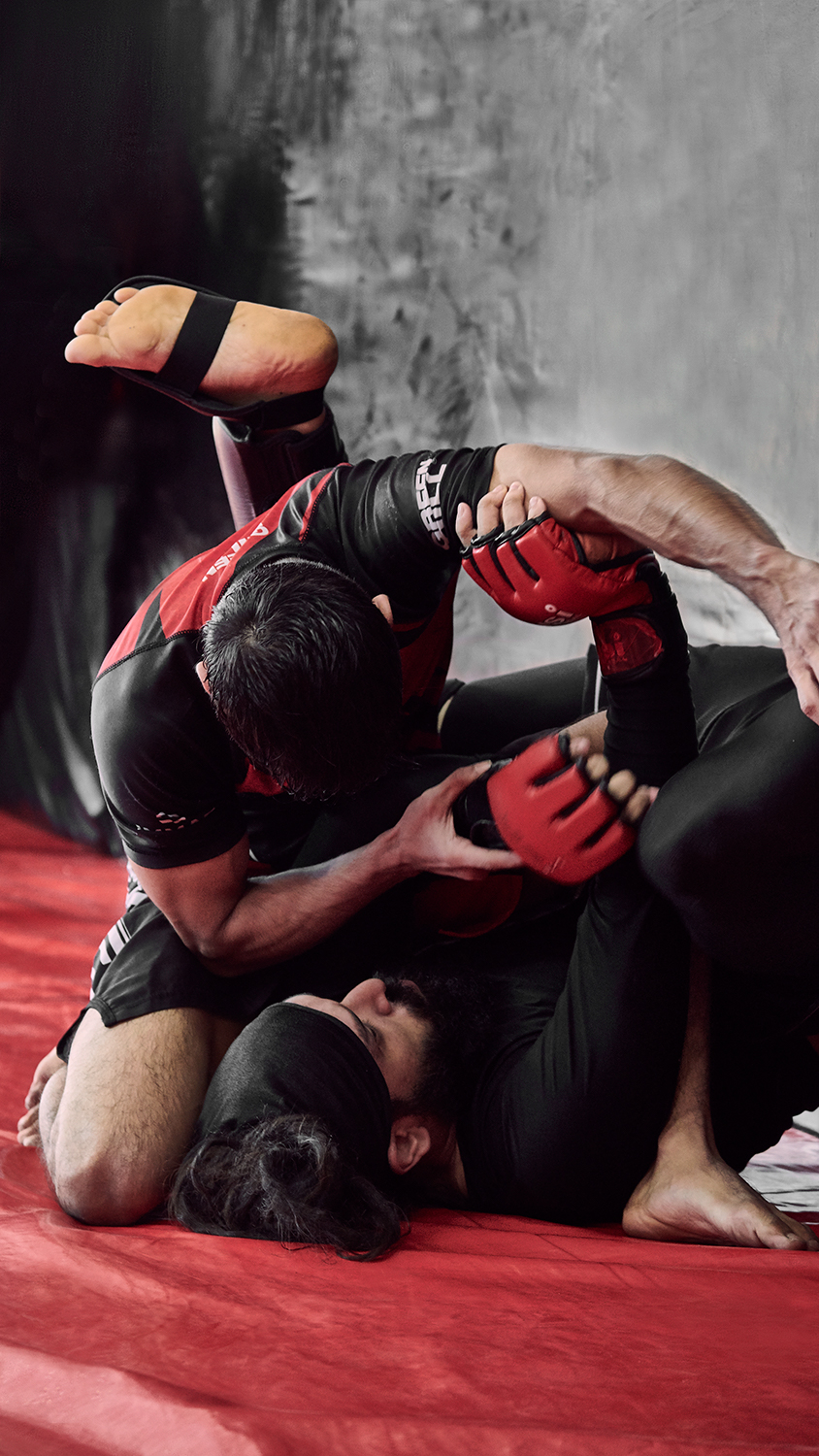

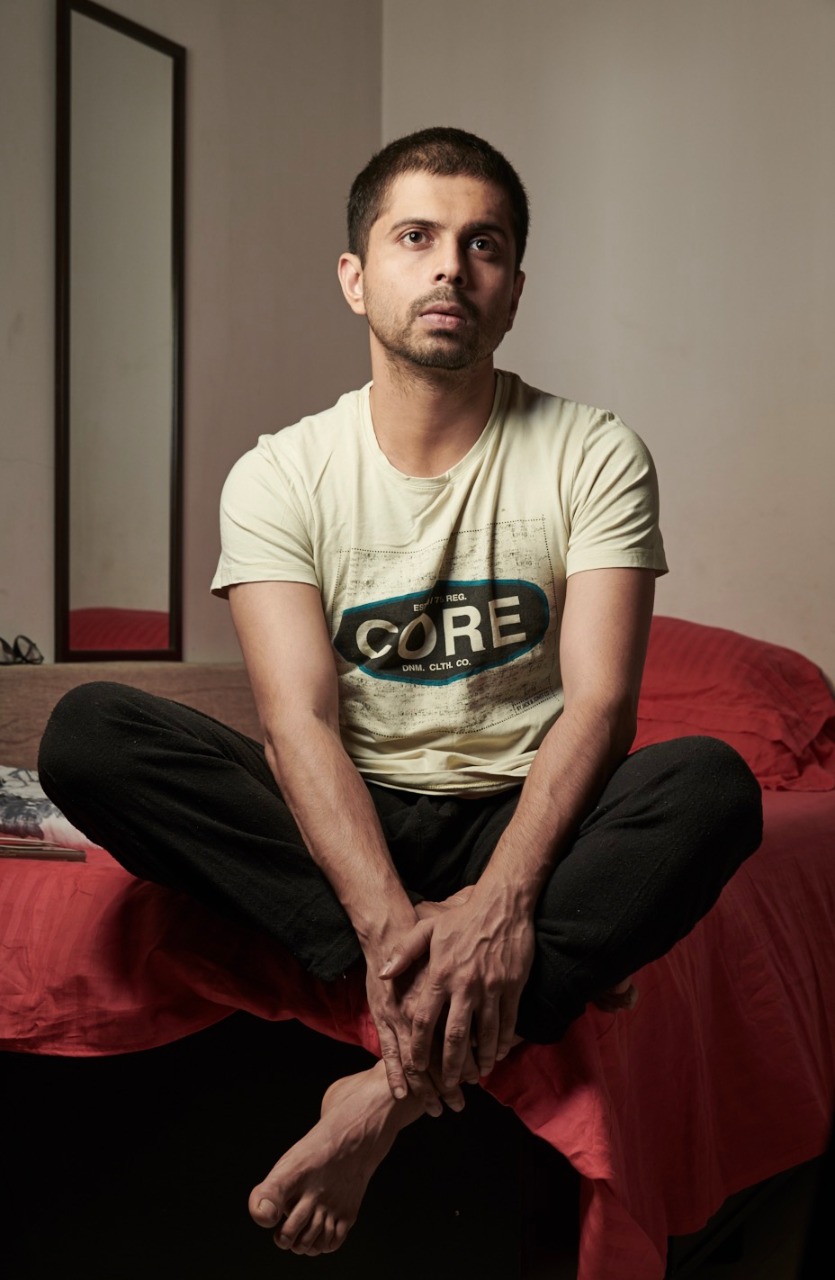
What Chance Do They Have?
Work In ProgressWhat chance do they have? is a project that stems from the many joys and sorrows of working in the arts & entertainment industry.